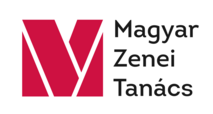Speakers at the European Forum on Music 2023
This 2023 edition of the European Forum on Music "Sustain music" will feature the following exceptional speakers and musicians. The speakers will share their ideas and generate a debate around the importance of music in our society, with emphasis on the concept of sustainability.
Matt Brennan
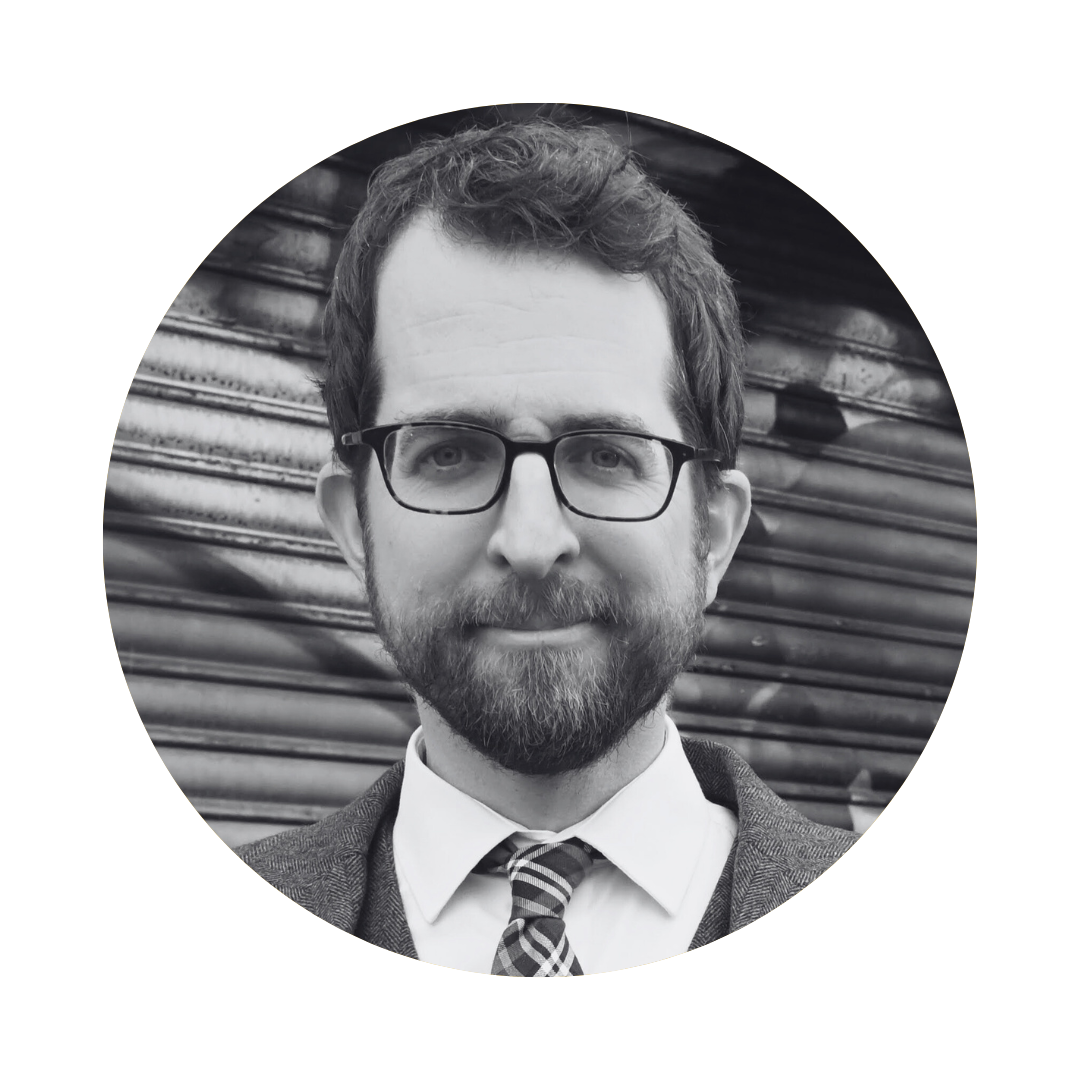
Matt Brennan is Reader (Associate Professor) in Popular Music at the University of Glasgow. He is an author, musician, and researcher whose work draws on historical, sociological, business, and ethical approaches to understanding music in society. He has served as Chair of the UK and Ireland branch of the International Association for the Study of Popular Music (IASPM), and has authored, co-authored, and edited several books in the field of popular music studies. His latest book, Kick It: A Social History of the Drum Kit (Oxford University Press) was named one of the "Best Books of 2020" by the Financial Times. His previous monograph, When Genres Collide (Bloomsbury), was named as one of Pitchfork’s “Favourite Music Books of 2017.” He led the UK Live Music Census, the first nationwide census of its kind in the world, and is currently working on a research project titled “Imagining a just and green future for music cities: the case of Glasgow as a UNESCO City of Music.”
Gretchen Amussen

The Franco-American musician Gretchen Amussen is a recognized leader in the cultural and educational fields, facilitating intercultural dialogue and leading European and international multilateral cooperation projects. As Director of External Affairs and International Relations at the Paris Conservatoire of Music and Dance (1992-2018), she developed an extensive worldwide network of educational and cultural organizations. Chair of the EU-funded PRIhME [Power Relations in Higher Music Education] project assemblies, a project dedicated to exploring power relations in European higher music education and to making policy recommendations, she also continues to provide guidance on international development and communication for leading arts institutions in Europe, Asia, and South America. Board member of the European Association of Conservatoires (2008-14) and the European Music Council (2016-18), she now serves on the Board of the Haute École de musique de Genève (2018-).
Anne Appathurai
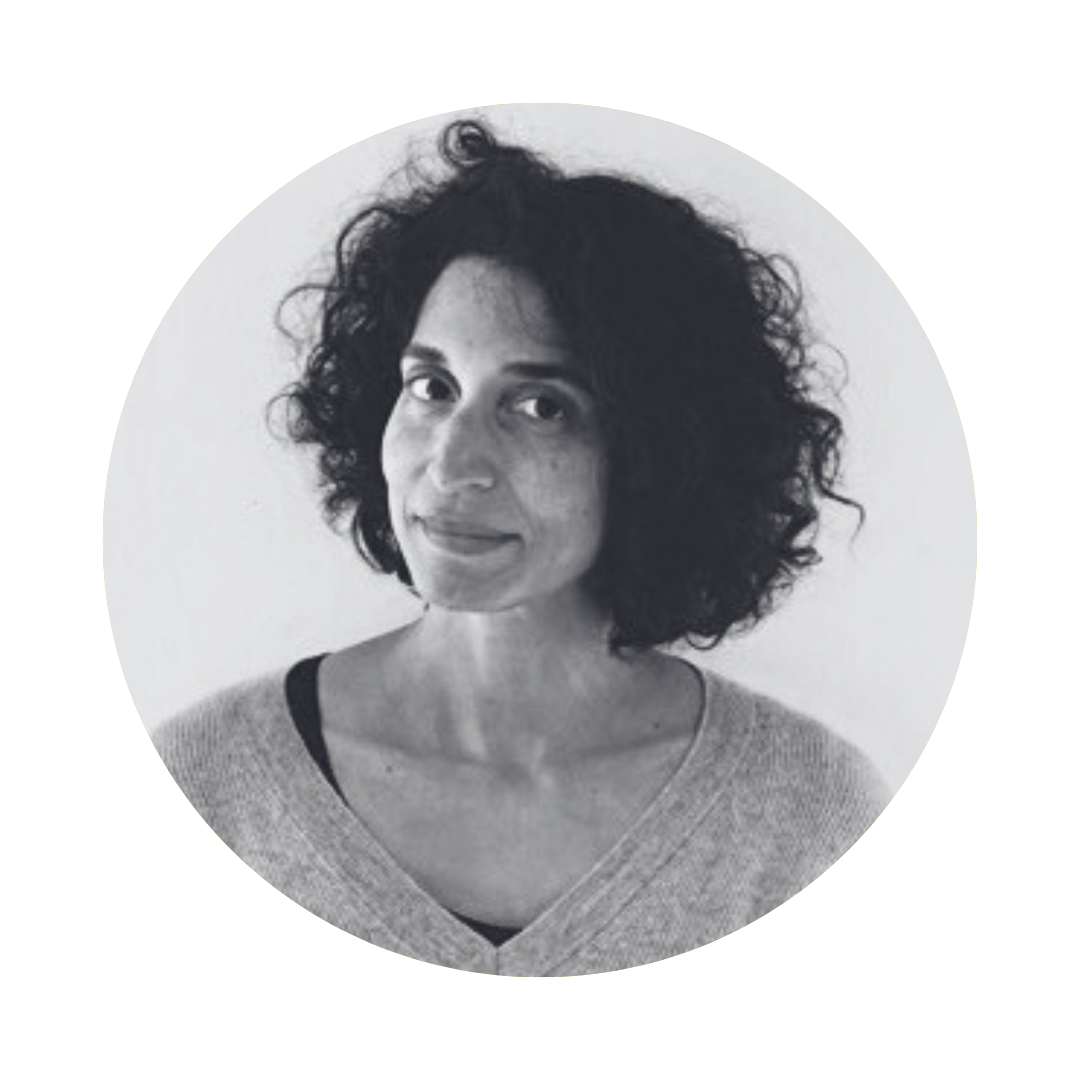
Anne started her career in the audiovisual sector, first in animation and then in art-house film production. She began working as a consultant in European cultural cooperation in 2011, eventually focusing exclusively on the music sector. Currently, she is coordinating two large-scale European cooperation projects in music: Sounds Now, a consortium dedicated to promoting diversity and inclusion in contemporary music and sound art, and the Ulysses Network project, focusing on the support and promotion of young artists. Anne is also a European Commission expert evaluator for Creative Europe funding applications in music. She has worked closely with the European Music Council for several years, notably on the European Agenda for Music.
Gerard Assayag
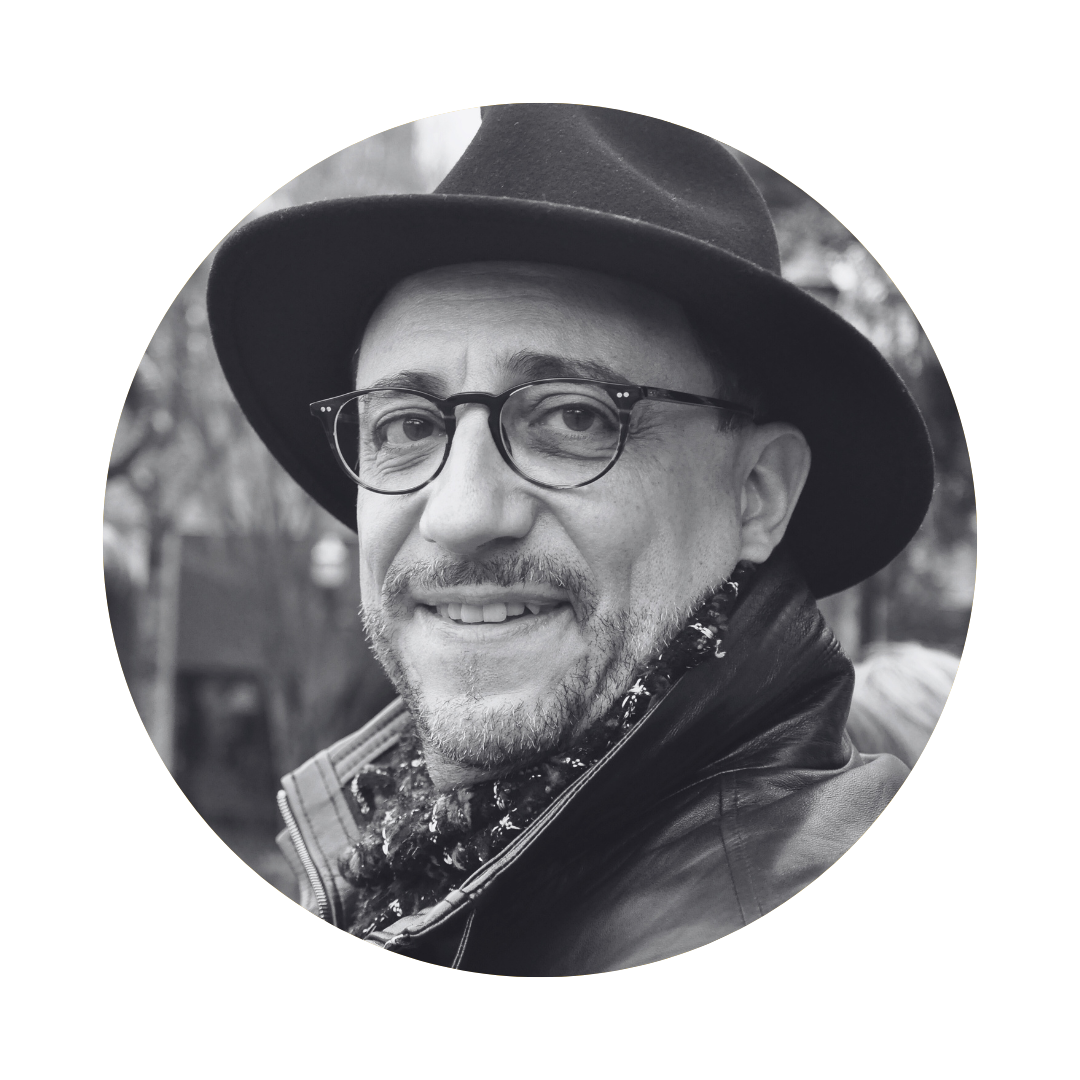
Gérard Assayag has founded and currently heads the Music Representation Team at IRCAM Sciences and Tech. of Music and Sound Lab. He has been Head of the Lab from 2011 to 2017 and, as such, involved in national and international research policies in Music Sciences, with a population of 125 scientific staff. He has been active in the building of several international research institutions s.a. Sorbonne’s Collegium Musicae and Institute for AI or the Journal (and society) of Mathematics and Music. Assayag has defined through publications and popular technologies (OpenMusic, OMax & co) the concept of symbolic interaction to account for rich and versatile human/machine musical dialog, laying ground to the Co-Creativity concept he proposed for next generation AI musical interaction. Gerard Assayag holds the prestigious European Research Council Advanced Grant (2.5M€) for his research career achievement and vision for the future in the project REACH (Raising Co-Creativity in Cyber-Human Musicianship).
Szonja Balogh

Szonja Balogh, a distinguished executive and transformational leader, has extensive experience across industries, including media, IT, and telecommunications. Renowned for driving change and innovation, Szonja held pivotal roles at Fortune 500 companies such as Telenor, Sony Pictures, and ViacomCBS. Her expertise in leading transformative projects spans digital business, marketing, e-commerce, and data-driven decision-making, resulting in consistent success. Beyond corporate achievements, Szonja is committed to fostering sustainability on a broader scale. Working with Deloitte and Sulzer&Seidl, she champions projects that make a lasting difference by supporting non-profit organizations. Under her guidance, her team crafted a comprehensive strategy resulting in project first.wave and sound.wave (from 2024) that balances market insights with professionals' interests, aiming to revolutionize the music industry into a more inclusive, equitable, and harmonious sphere.
Olga Bekenshtein
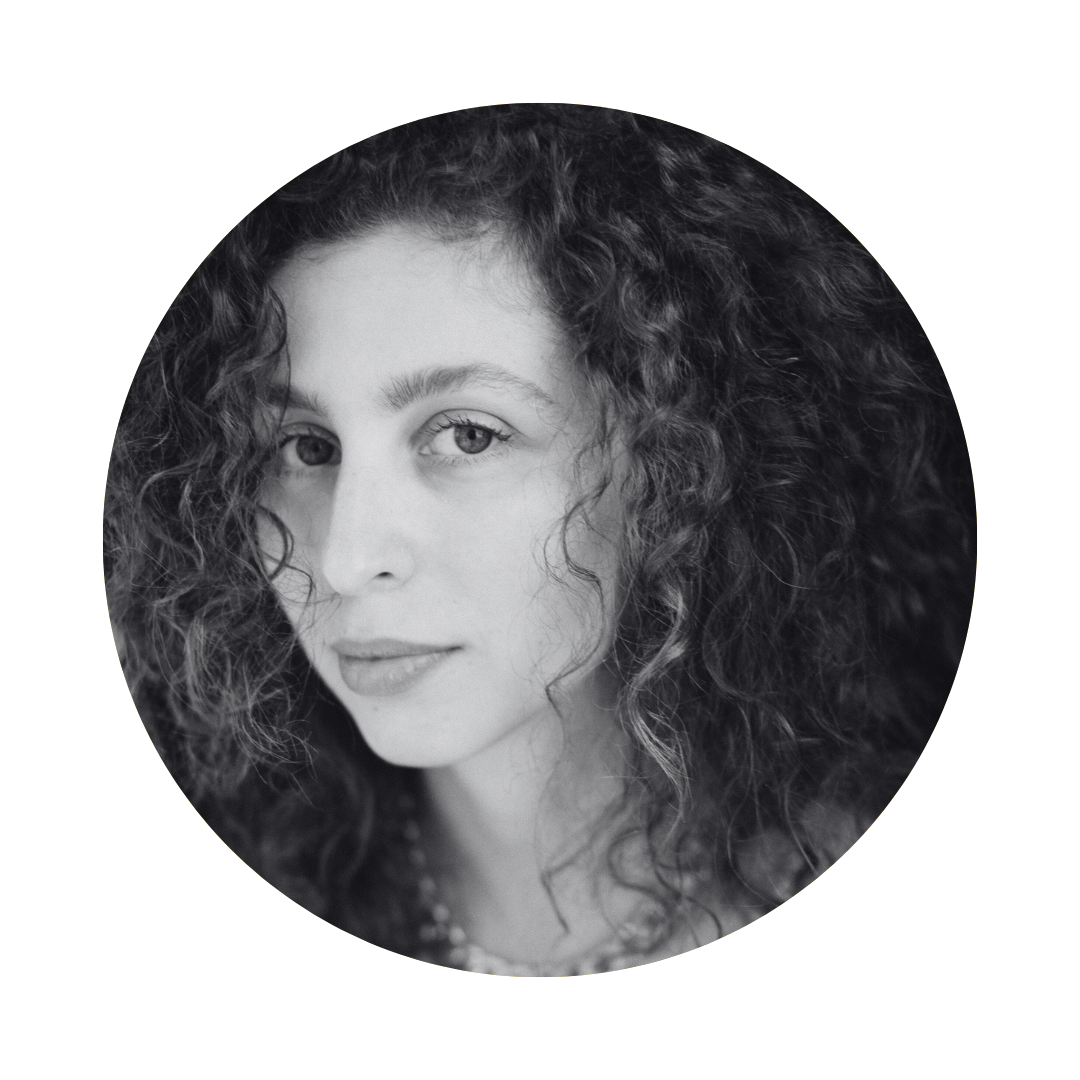
Olga Bekenshtein is a music curator and festival producer from Kyiv, Ukraine. She has been the founder of Am I Jazz? festival, a co-founder of the non-profit organization OK Projects, and part of the team that runs the club/art center Closer in Kyiv with its electronic music festivals Strichka and Brave! Factory, the largest and most internationally recognized in Ukraine. Her curatorial approach centers on cross-sectoral, multi-genre contemporary music programming, presenting vanguard artistic projects and commissioning experimental collaborations. As a Fulbright scholar, she earned an MA in Arts Administration from the University of New Orleans in 2020. Her theoretical research focuses on decolonization, politically aware performance, and ethics in the music industry.
Mariana Bondarenko
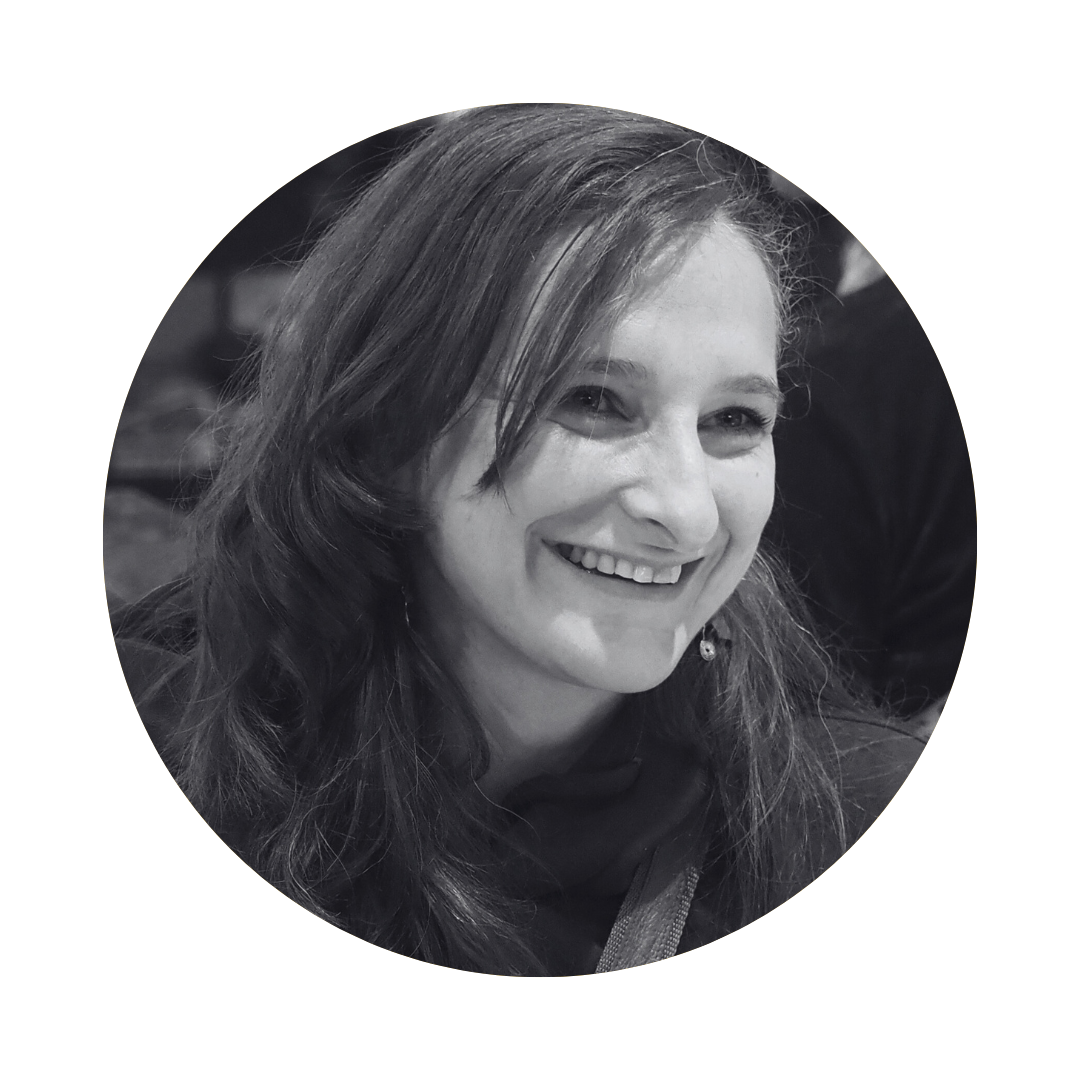
Mariana Bondarenko from Kyiv, Ukraine is music program manager at Ukrainian Institute, governmental structure affiliated in Ministry of foreign affairs of Ukraine. She is implementing international programs in jazz music sphere to promote Ukrainian culture abroad and initiating new cooperation on the level of musicians, festivals, institutions etc., providing intercultural dialogue between Ukraine and other countries of the world. Recently she initiated the first official participance of Ukraine at jazzahead! and WOMEX, partnership with Europe Jazz Network, numerous international festivals, and music institutions. Mariana got her education at Kyiv Taras Shevchenko National University and further at the University of Vienna in the field of German philology. However, cultural management has been among her priorities since student life. Working for Goethe Institute and Austrian Cultural forum in Kyiv and implementing big bilateral projects in Ukraine have become a good experience to support Ukrainian culture abroad.
Lucie Bouchet
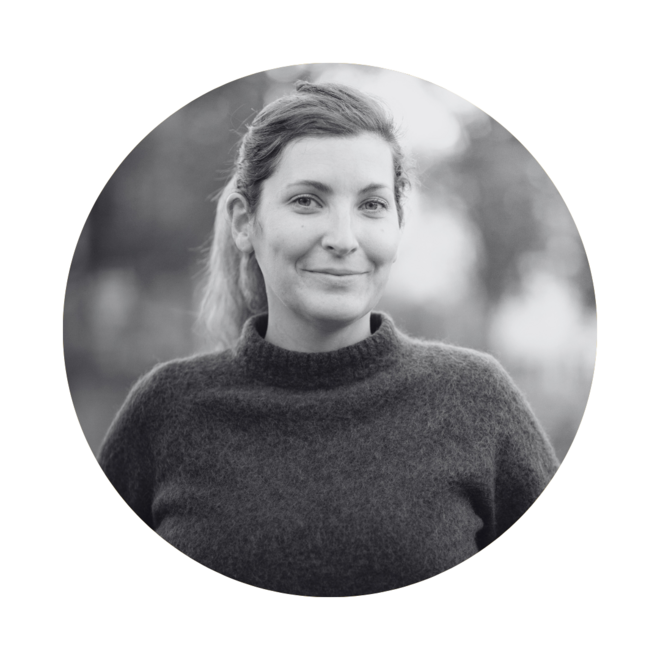
Lucie has been a multi-active/slasher professional in the cultural sector since 2006. She has simultaneously developed expertise in cultural marketing and in sustainable practices in the performing arts, working in cultural equipments such as the Louvre museum, or Stereolux (Nantes). She has always combined her different missions and professions: she works for cultural events, she teaches, researches, leads conferences and participates in professional initiatives. During the EFM, she will represent the Green Room team engaged in a project call STOMP - Sustainable Tools for Online Music Practices. Her main missions are currently :Research officer for The Green Room, Curator and project manager at the Bis de Nantes convention for the sustainable development area, Trainer for the Université Catholique de l'Ouest (UCO). She has also resumed her studies in management sciences with the aim of writing a thesis on the slashing phenomenon.
Yvan Boudillet

A creative industry and innovation expert with over 18 years of experience, Yvan Boudillet is VP, Public Policy at Utopia Music where he leads the interface with the company’s broad ecosystem in order to foster dialogue, cooperation & education efforts. Prior to joining Utopia, Boudillet founded advisory company TheLynk, where he led innovation in the music ecosystem by enabling dialogue, experimentation, and collaboration between music organizations or institutions, artists, and startups. Yvan previously held leading roles in digital transformation and management at Warner Music, EMI Music, and Ubisoft. In April 2020, he co-founded with 8 partner organizations a Pan-European remote hackathon and accelerator called #NextStageChallenge, as a way to devise solutions for artists and the music sector during the pandemic. A regular international speaker (SXSW, Wallifornia, Slush Music, Sonar+D...) and lecturer specialized in the intersection between innovation & creative industries, Yvan has been a prominent voice advocating for creator rights and inclusive innovation across the music value chain.
Dorothy Conaghan
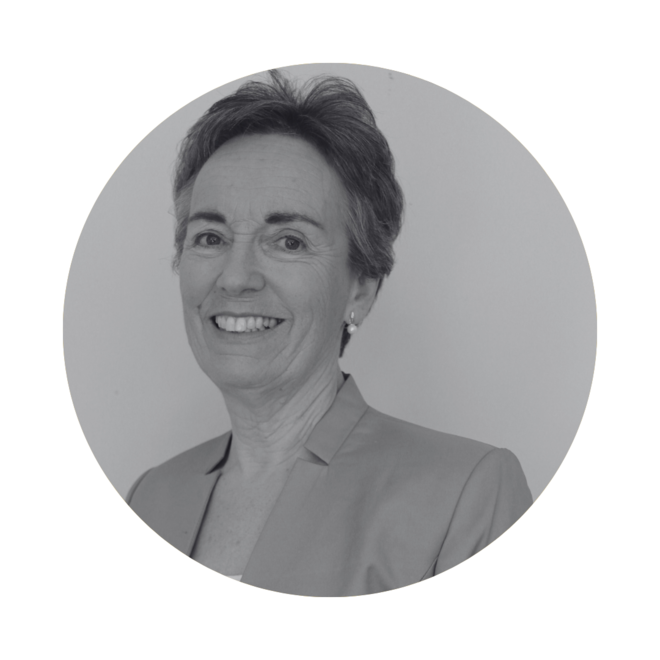
Dr Conaghan is a Research Fellow at University College Dublin and an Executive Board Member of the International Music Council. Following a career as teacher, lecturer, violinist, orchestral conductor for youth and retired musicians at the Conservatory of Music in Dublin she then turned to research in Sociology, Social Justice and Law focusing on music education and Arts and Health. Her research focuses on enabling the Five Music Rights of the EMC/IMC in and across jurisdictions and welfare state models. Her advocacy work on policy commitment for universal access to sustainable music education practices is recognised and respected in Ireland and internationally. Dorothy has received awards from University College Dublin, the Irish Research Council and the Arts Council of Ireland for her lifelong activism and scholarship for fair access, opportunity, and social justice in music education.
Eszter Décsy
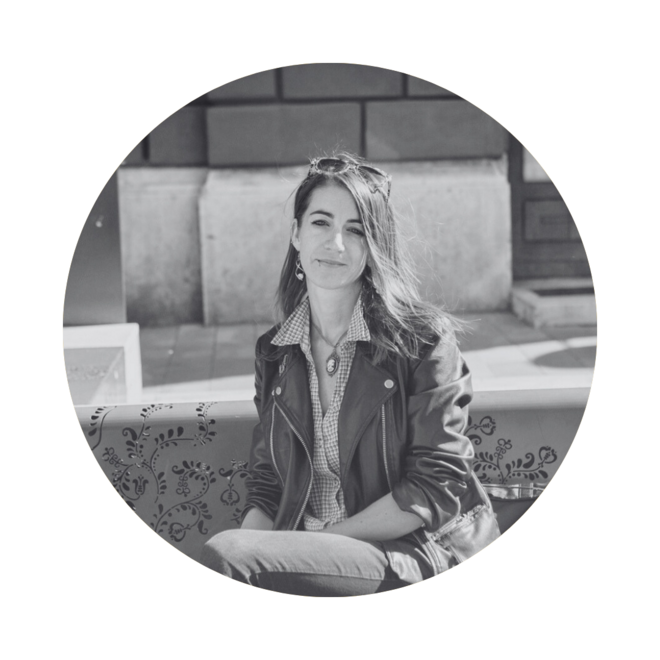
Eszter got infected by music when she was around three, the passion for reading followed, then tattoos, films. After years in London and Indonesia she moved back and founded NOWmagazin with Pál Zsiga in 2012, focusing on the Hungarian grassroot scene which was unique approach at that time. NOW Books & Music was originally a side-project launched in 2015 – a book publisher, music management and label – that later became Eszter’s main occupation, and had been rebranded as Corner Art Management in 2022. Under this label as an artist manager she works with amazing artists such as iamyank and Woodstock Barbie. She is also the communication and project manager of HAIL – Hungarian Association of Indie Labels as well as Music Hungary Association, both of them are national trade organisations. In 2019 she established the idea of EEnlarge Europe, a community of venues and a knowledge sharing hub specially tailored for the grassroot scene, where all live music starts. It was launched in 2020 with Music Moves Europe funding, first in four countries with 5 partner-venues, and it’s running since, now with 19 venues involved from 6 countries of the region. The goal is to keep music alive by supporting and cooperating with each other, sharing knowledge, achieving a high standard of quality and supporting emerging artists’ mobility in the region.
Alona Dmukhovska

Alona works in the music industry for almost a decade. Starting as a volunteer for a music festival she soon grew to the position of program director taking care of 100+ acts performing the biggest festival stages in Ukraine. She believes in the power of education and networking having done the music exchange projects in Germany, the Netherlands, the Czech Republic, and even in the Middle East. Along with a colleague she co-founded Music Export Ukraine, an independent organisation that helps Ukrainian artists build international careers. Since then, she showcased local talents at professional events in more than 20 countries, lobbied sector needs in Ukraine and Europe, did dozens of international projects, became the expert in European funding. And strangely, she still enjoys music!
Simone Dudt
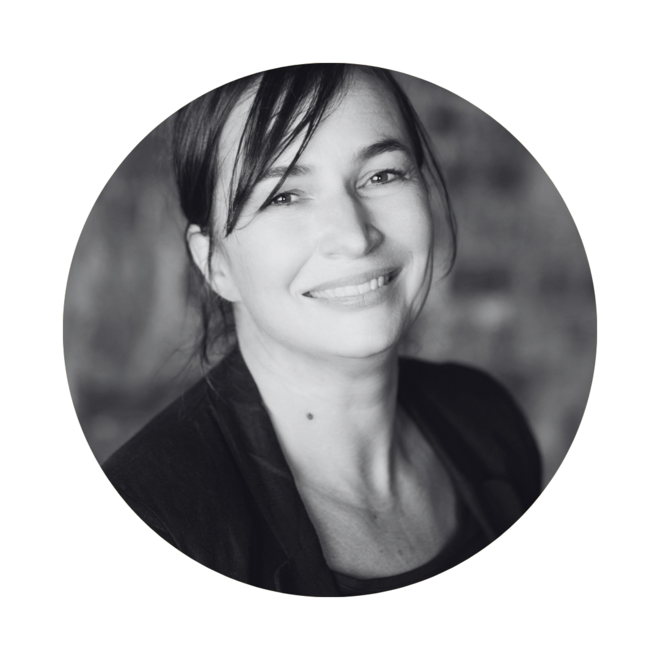
Simone Dudt studied cultural sciences in Hildesheim, Germany and Marseille, France focusing on Fine Arts and Music. She has been working for the European Music Council since 2004. Today, she is Secretary General of the European Music Council in dual leadership with Ruth Jakobi. Ruth and Simone are responsible for EMC’s strategic development, for advocacy work in cultural policy, as well as for the planning and implementation of international cooperation projects. One of the most relevant advocacy tools coordinated by the EMC in cooperation with a huge number of stakeholders across the European music sector is the European Agenda for Music. From 2010-2014 Simone served on the Board of Culture Action Europe, a European umbrella organisation that advocates for culture at the EU institutions. She is author of diverse articles on music and cultural policy as well as a speaker on these topics at European conferences.
Benjamin Feyen
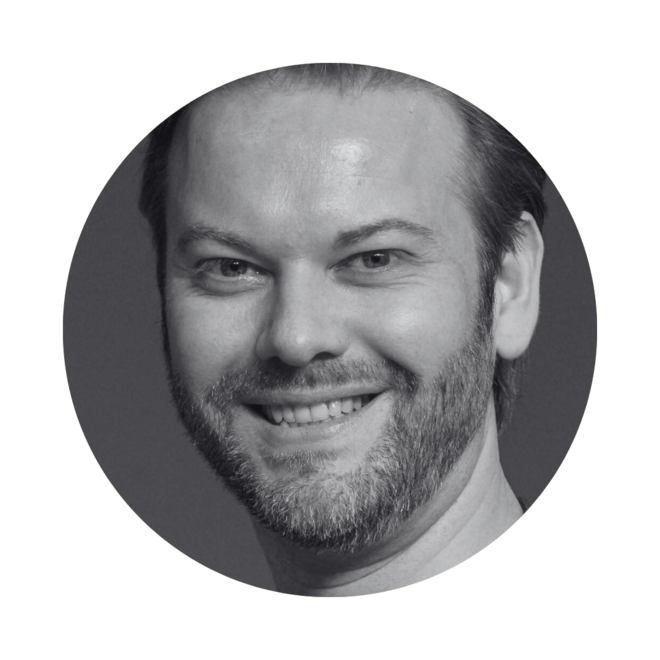
Benjamin Feyen is an EU cultural policy expert and activist based in Brussels. He is Secretary General of the Cultural Creators Friendship Group (CCFG), an informal coalition in the European Parliament, which currently consists of 28 individual Members of the European Parliament (MEP) from 6 different political groups and 14 different countries. The aim of the CCFG is to improve the European cultural ecosystem with a focus on the Cultural and Creative Sectors (CCS) and in particular on the situation and conditions of creators of cultural works, i.e. authors, performers and artists. Benjamin has more than two decades of experience in politics and is a passionate songwriter and music producer. As policy advisor to several MEPs since 2015, he was involved in the negotiations on the EU's Creative Europe programme 2021-2027 and in numerous other legislative files and political resolutions relevant to the music sector. For many years, he has been a speaker at music conferences across Europe.
Silja Fischer
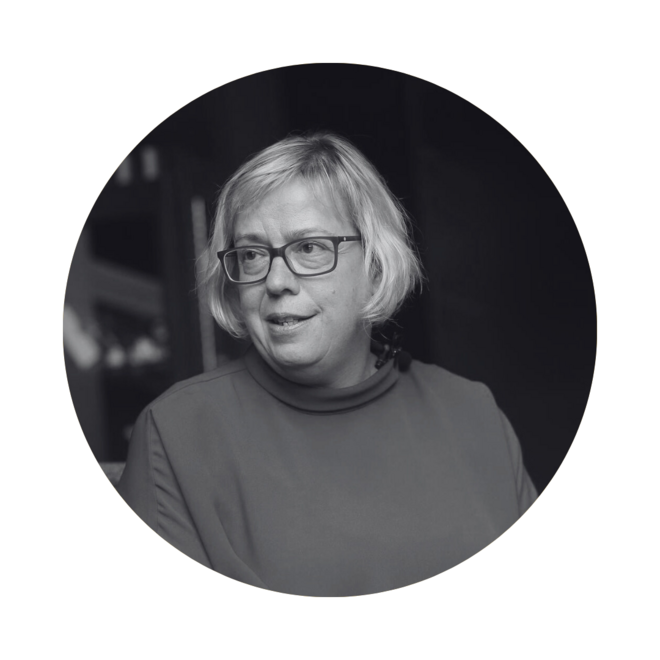
Silja Fischer studied in Berlin, Moscow and Hamburg. She joined the General Secretariat of the International Music Council in 1993 and has served since 2009 as Secretary General. In this capacity, she is notably in charge of IMC’s advocacy action, membership and programme strategies as well as partnerships. Since IMC is an NGO official partner of UNESCO, Silja ensures also the liaison with the UNESCO Secretariat as well as with diplomatic representations of Member States. Besides her great passion for music and its transformative power, Silja strongly believes in strategic collaborations for effective and efficient advocacy work. She represents IMC in various advocacy groups such as the Steering Committee of the CSO Global Coordination (2005 UNESCO Convention), the Climate Heritage Network and the #culture2030goal campaign.
Yohann Floch
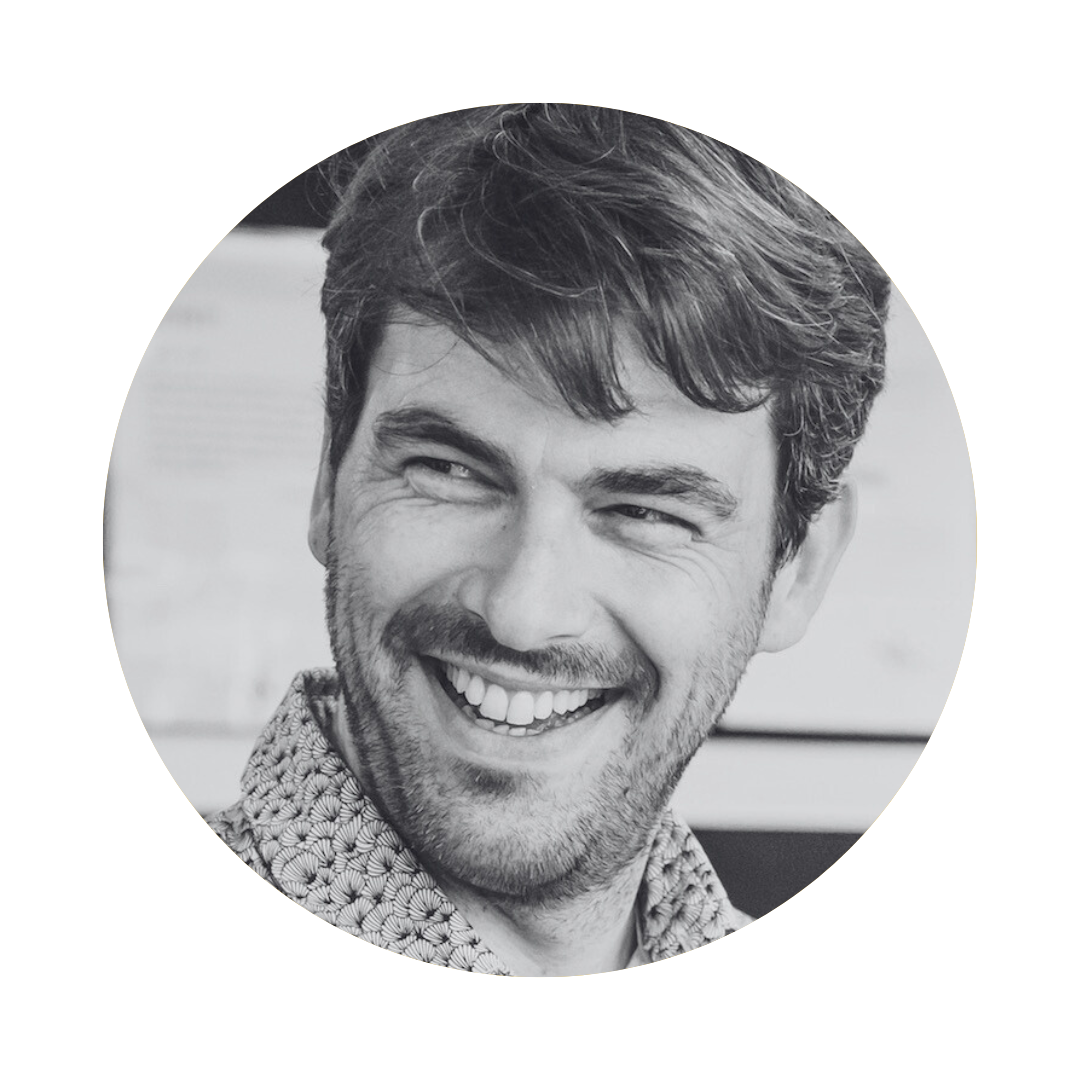
Yohann Floch is the director of FACE, a European platform facilitating collaboration in the contemporary performing arts field and developing capacity building programmes for arts professionals. He has been a cultural consultant working for independent arts organisations and cultural institutions, and an advocate for arts & culture, tirelessly supporting cultural exchanges in Europe and with other continents. Passionate about the contemporary performing arts, he has designed, coordinated or contributed to many European cooperation projects and pilot international collaborations over the years. Yohann has been an external expert and evaluator for governmental bodies as well as private foundations and a guest lecturer at universities on internationalisation strategies, capacity building and strategic management. Yohann is also Director of Operations at On the Move, the international information network on artistic and cultural mobility. He serves the Danish organisation IMMART-International Migration Meets the Arts, as international advisory board member.
Tomasz Frankowski
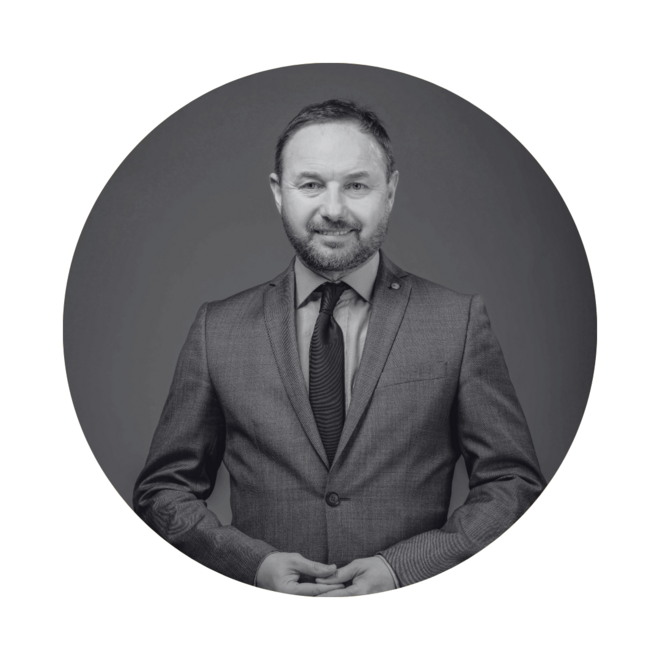
Born in 1974 in Białystok, Poland, Tomasz Frankowski is a former Polish national footballer. He played in several football clubs such as Jagiellonia Białystok, Wisła Kraków, RC de Strasbourg, Potiers, Martigues, Elche, Nagoya Grampus Eight, Wolverhampton Wanderers, CD Tenerife and Chicago Fire. He is the third most successful goal scorer in Polish football league history. After his successful football career, he became a member of the Civic Platform. Following his election to the European Parliament in 2019, he is a member of the Committee on Culture and Education (CULT) and a coordinator of the EPP Group in this committee. He is also a co-Chair of the Sports Group in the European Parliament and a member of the Cultural Creators Friendship Group (CCFG). Lately, Tomasz Frankowski has been appointed the EP rapporteur on the future of the European book sector and a shadow rapporteur on the implementation of the Creative Europe Programme 2021-2027.
Stefan Gies
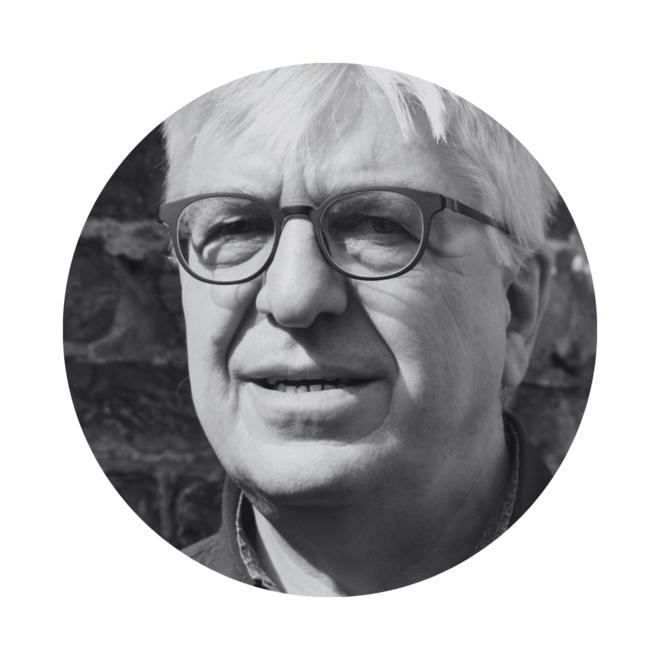
Stefan Gies is heading the Association Européenne des Conservatoires, Académies de Musique et Musikhochschulen (AEC) as its Chief Executive since September 2015. His work focuses on networking with other organisations active in the fields of music, art and higher education at European and international level, as well as on lobbying the institutions of the European Commission and the European Parliament. Stefan studied viola, composition, musicology and music education at the Musikhochschule Freiburg in Germany. Stefan looks back on a wide range of professional experience as a performing musician, music teacher, humanities scholar and researcher. For almost 25 years, he has been active as professor, dean and principal at Higher Music Education Institution in Germany. Stefan is a member of boards and committees at national and international level, including being a board member of Culture Action Europe."
Sonja Greiner
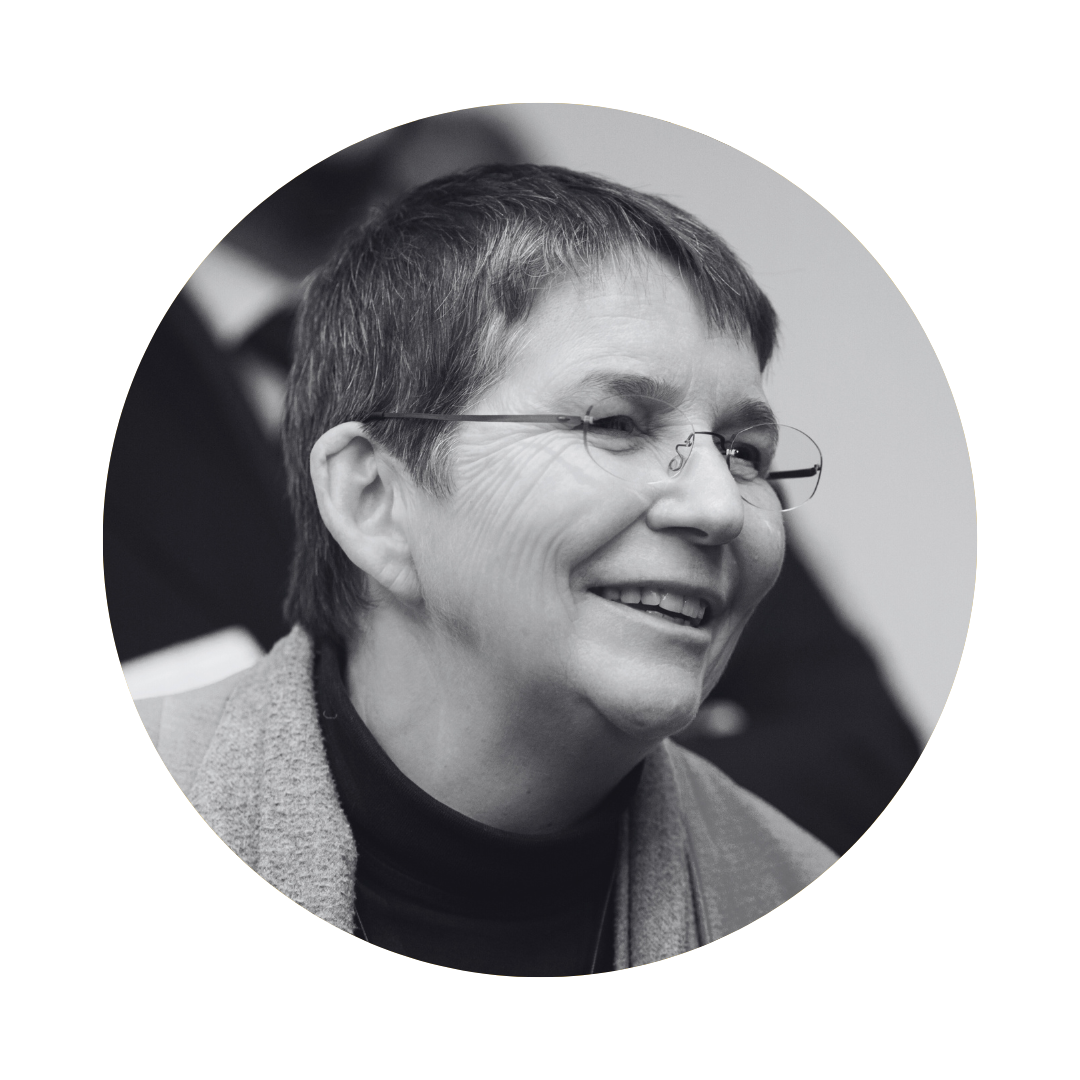
Sonja Greiner is the Secretary General of the European Choral Association and a member of the Board of the World Youth Choir Foundation, as well as governance advisor to the International Federation for Choral Music (IFCM). With her German father and French mother as well as her two brothers, she spent several years of her childhood and youth in Peru and Ecuador, Latin-America, and thus learnt three languages at the same time. She later spent one year in United Kingdom (as Au Pair) and one year in Metz, France (as language assistant). After studying English, French and Spanish in Freiburg, Germany, and doing two years of teacher training, she first became the manager of the International Chamber-Choir Competition and the festival Musica Sacra International in Marktoberdorf (Germany) at the beginning of the 90ies. She later became deputy Secretary General and then Secretary General of Europa Cantat (European Choral Association since 2011). Sonja Greiner was a member and Treasurer of both the European and the International Music Council between 2000 and 2013 and was elected Honorary Member of the International Music Council in 2015.
Joanna Grotkowska
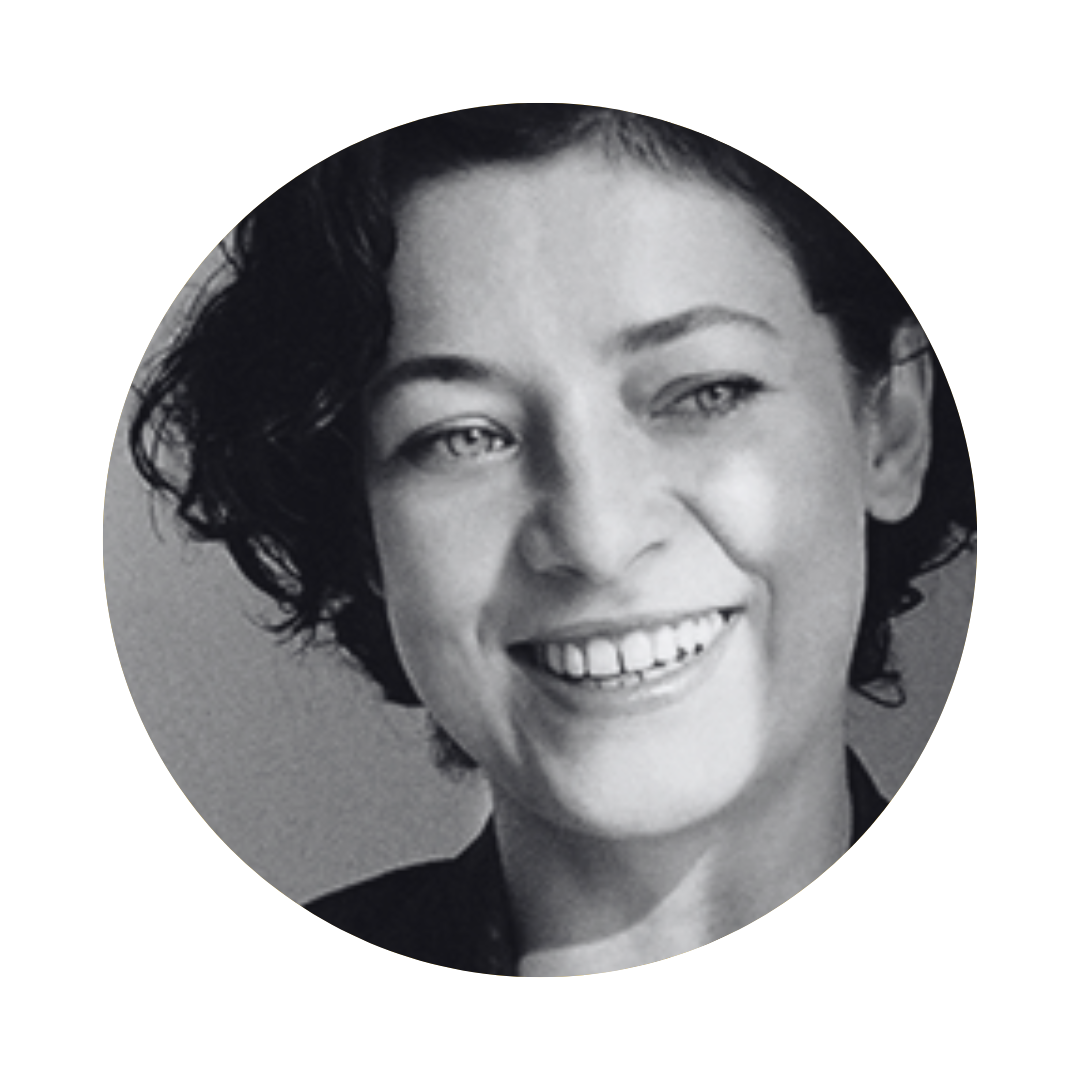
Music journalist, radio producer and organizer of the music life in Poland, Joanna is the vice president of the Polish Music Council Board. After graduating from the University of Warsaw she started working in the International Society for Contemporary Music, Polish Section, as well as in the Polish Radio Channel 2. Since 2013, she has been the delegate of the Polish Radio at the IMC International Rostrum of Composers and in April 2023, she was honored with the ‘Golden Microphone’ for her ‘tireless promotion of contemporary music’. Her collaboration with the EMC started in 2015 from the Share & Learn: Audience Development Workshop organized in Warsaw and 2016 European Forum of Music in Wroclaw. Since 2018 she has been a member of the EMC Board.
Audrey Guerre
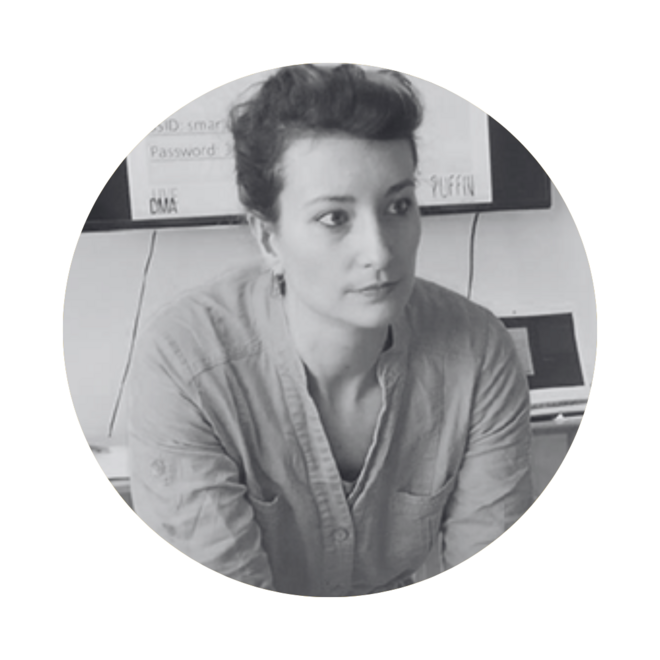
Audrey Guerre is the coordinator of Live DMA, the European network for live music associations. Her experience in studies, job opportunities and personal beliefs early led her to specialise herself into European cooperation and live music. She now provides Live DMA members with a political monitoring, tools, and opportunities to meet & exchange best practices. She also represents their interests to European institutions and partners. Audrey Guerre is a member of the board of the European Music Council, and the French music venue Trempo in Nantes.
Jill Halstead

Jill Halstead is a writer and musician. She has worked extensively with questions participation in relation to musical practices, particularly gender identities. Recent projects include composing music for film and dance theatre works which explore the social stigmatization of aging and dis/ability. Since 2018 she has led the artistic research project Social Acoustics: Sound, Body, Community, with the artist Brandon LaBelle, a project which explores listening as a social practice. Jill is a professor of music at the Grieg Academy, University of Bergen and leader of the Grieg Research School in Interdisciplinary Music Studies, a regional research consortium of five universities based on the west coast of Norway. She also leads Music4Change (2022-2025) an EU funded transnational cooperation partnership which aims to incorporate key sustainable development goals in postgraduate music education.
Georg Häusler
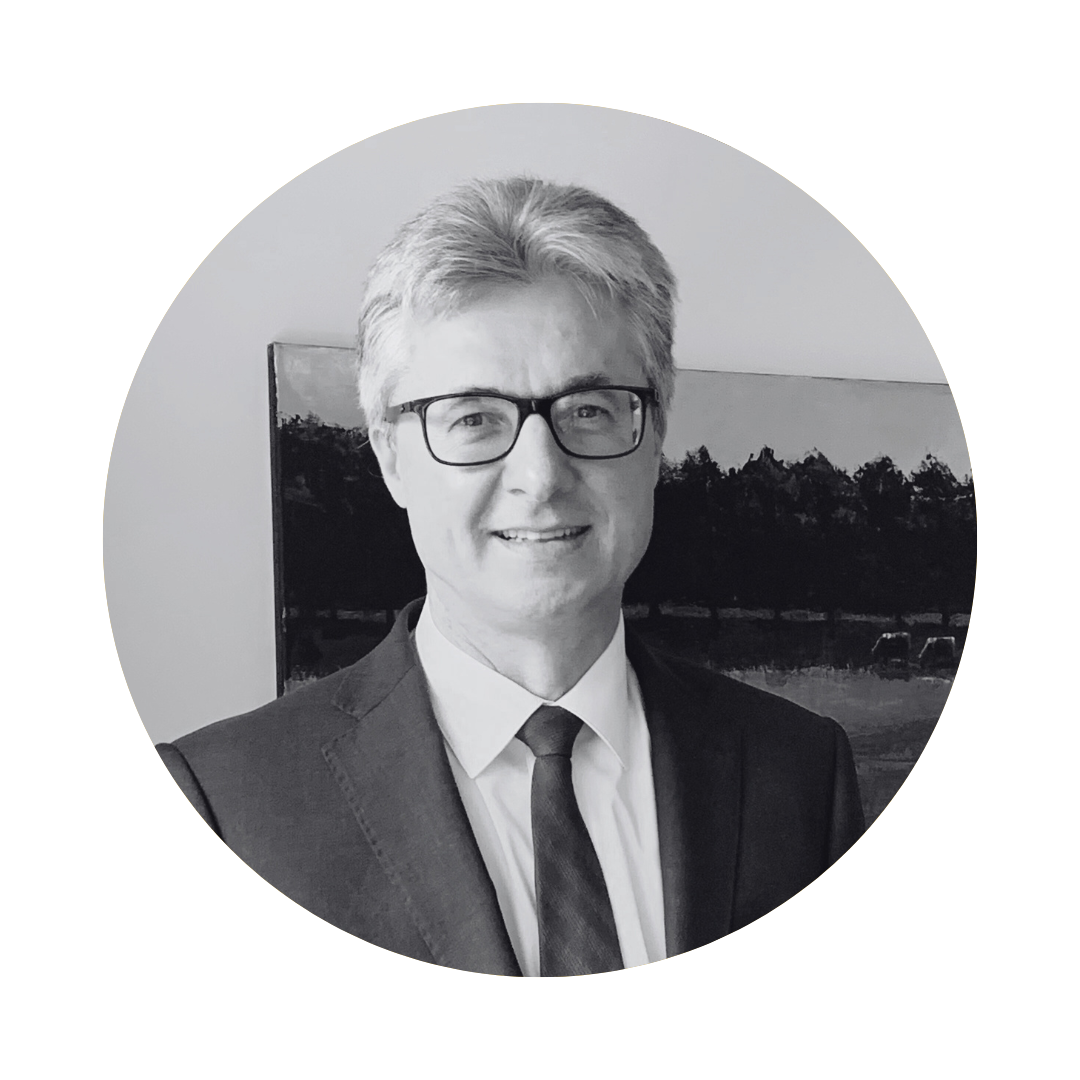
Georg Häusler has recently been appointed as Director for Culture, Creativity and Sport in the European Commission (DG EAC). Prior to that, he was Director in another Commission department for seven years. He joined the Commission in 1999 and has had several senior posts including as Head of Cabinet of Commissioner Dacian Ciolos, from 2009 to 2014. Before he began his Commission career, he was Secretary General of an EU-wide NGO. He studied law (PhD in 1993).
Susanne Hollmann

Susanne Hollmann has a university background in macro-economics. She has been working in different international and European organisations in Brussels before joining the European Commission’s Trade department in 2001. Since 2004, she has held several different positions in the Commission’s Directorate-General for Education, Youth, Sport and Culture. In 2016, she became the Deputy Head of the Cultural Policy Unit and has been leading the works on the Music Moves Europe initiative.
Aysha Hussain
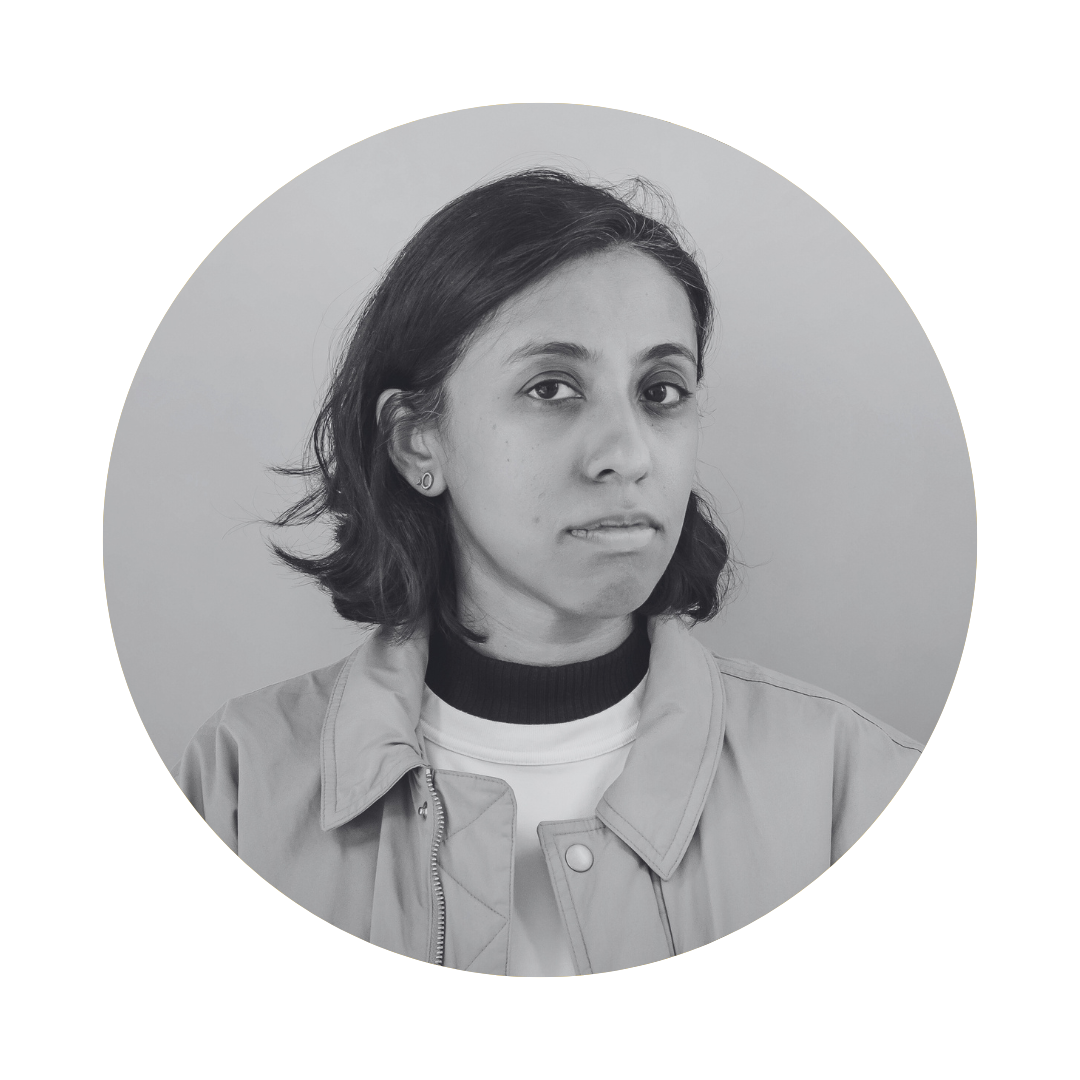
Originally from East London, Aysha Hussain is a freelancer in the creative world and is based between London and Berlin. Aysha currently works in the film and music industries and on various freelance projects in different capacities - from writing assignments and copy editing, to working on communications, and developing inclusive recruitment strategies. With a lived experience and consciousness of diversity and inclusion at the core of whatever she does, Aysha's work with Keychange (a movement fighting for a sustainable music industry, supported by the Creative Europe Programme of the EU) and all other work has naturally aligned with this, alongside her love for the arts.
Ruth Jakobi
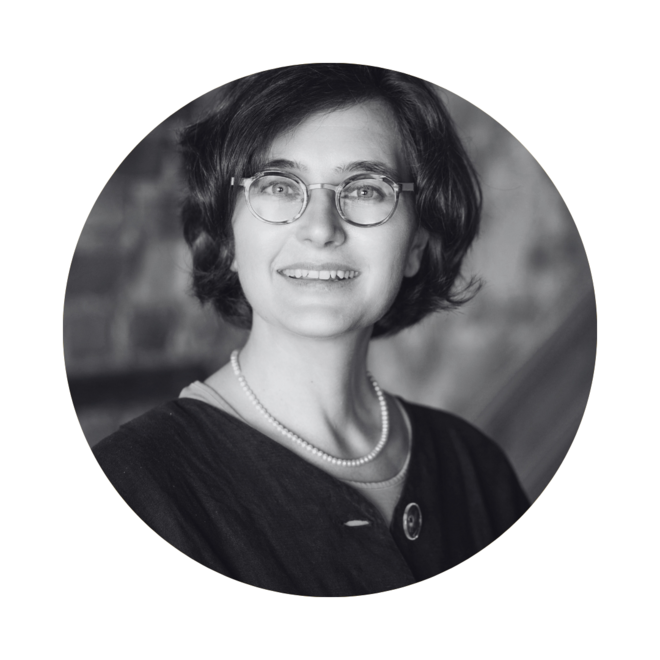
Ruth Jakobi studied Music, French and Education in Hamburg, Germany and Lyon, France. She has been involved with several European and international cooperation projects (for the Academy of Music and Performing Arts Hamburg, IRCAM, European Music School Union, EMC, IMC), and is currently employed as Secretary General of the European Music Council (EMC), in dual leadership with Simone Dudt. The European Music Council, regional group for Europe of the International Music Council (IMC), is the umbrella organisation for musical life in Europe. Simone and Ruth are responsible for EMC’s strategic development, for advocacy work in cultural policy, as well as for the planning and implementation of international cooperation projects.
For the EMC, Ruth has initiated and coordinated the SHIFT project, an Erasmus+ co-funded project that fostered EMC’s contribution to sustainability together with 8 other European cultural networks.
On a voluntary basis, Ruth currently serves as programme director at Soroptimist International, Club Bonn – Bad Godesberg and as Chairperson of the Friends Association of the Circus-School Don Mehloni
Alfons Karabuda
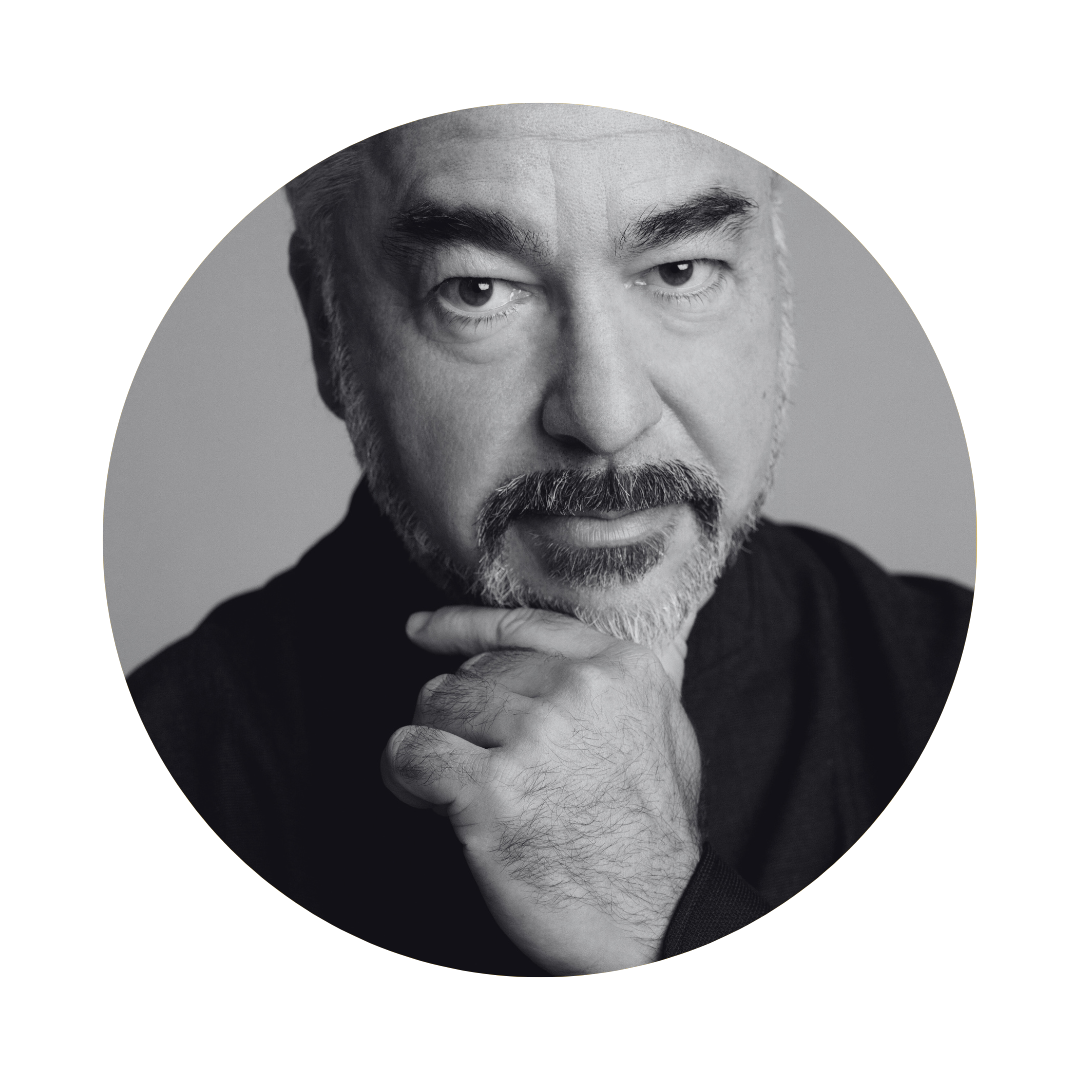
Alfons Karabuda is an accomplished composer with more than 30 years of experience in the music industry, he is an integral profile and driving force within the world of music. His current engagements are wide-spreading across the international music industry, with him also being the president of the International Music Council, honorary president of the European Composer and Songwriter Alliance as well as Executive Chairman of SKAP (The Swedish Association of Composers, Songwriters & Lyricists), Musiksverige (MusicSweden), The Global Node Stockholm and a former expert in the field of artistic rights to the UN Human Rights Council as well as in the cultural committee at the Swedish National Commission for UNESCO. In addition, he serves as a member of the executive committee of STIM (The Swedish Performing Rights Society), The Royal College of Music in Stockholm and the Global Music Vault. Karabuda is also chairman of the Polar Music Prize Award Committee and a board member.
Michalis Karakatsanis
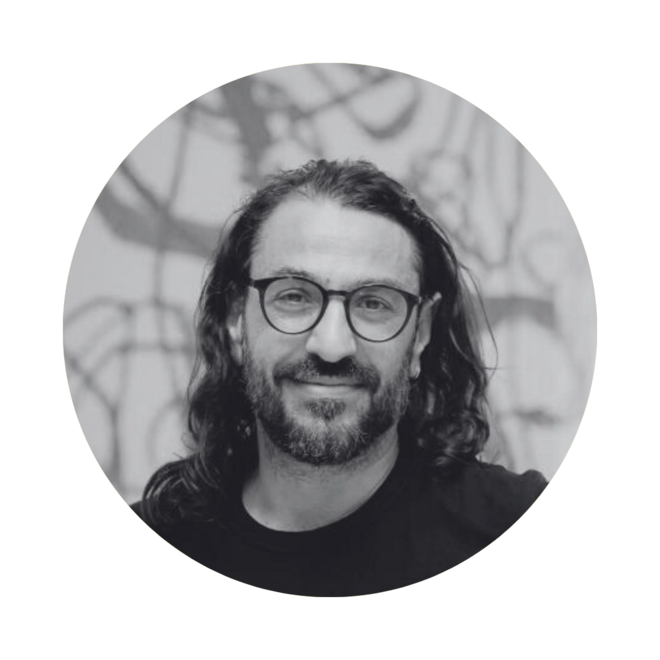
Michalis is the administrator of the Cyprus Centre of Music Research, Innovation and International Networking, a development programme initiative of the Organisation for European Programmes and Cultural Relations. With over 20 years of experience in the cultural and creative industries, Michalis has worked internationally as an expert focusing on bottom up development, music ecosystems, audience development and new cooperative business models. Michalis is a member of the board of directors of European Music Council and has served as the president of the board of the International Association of Music Information Centers. He has extensive experience in designing and managing European projects, while he frequently offers strategic advice to the Cyprus national government on music policy and music export matters. Moreover, he was a member of the Cyprus Managing Authority team in the Competition for the 2017 European Capital of Culture title in Cyprus, has participated in a number of EU Cultural Affairs Committee meetings as the Republic of Cyprus representative, while he has served as a member of two EU OMC experts groups, focusing on the strategic use of the EU support programmes to foster the potential of culture for development, and on the status and working conditions of artists and cultural and creative professionals. Meanwhile, he is still an active musician, performing regularly as a member of various Cypriot music bands.
Nod Knowles
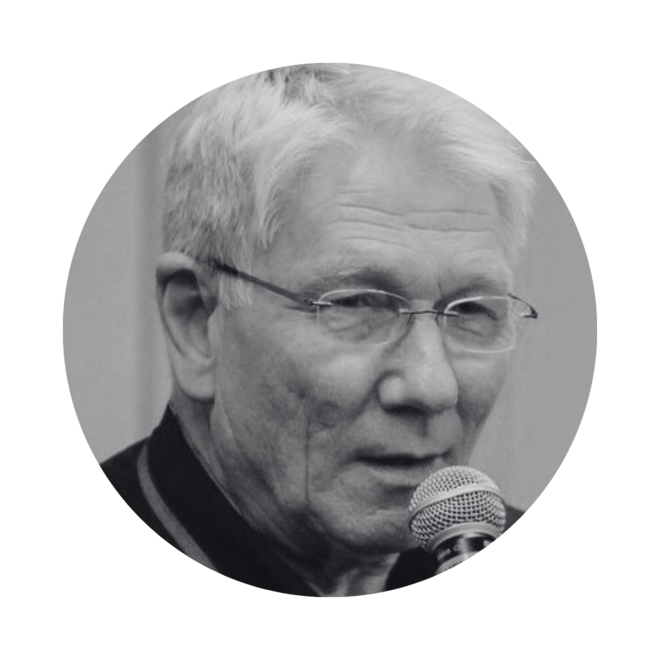
European Folk Network (EFN)'s Administrator Nod Knowles was a founder member of the network and currently manages the European Folk Day project – the first ever pan-European celebratory event for the tradition arts. Nod also freelances in project management and artistic direction and was formerly President of Europe Jazz Network. His international career experience includes Head of Music at Scottish Arts Council, CEO of Bath Festivals, organiser of the UK/Ireland Jazz Promotion Network and its Going Dutch project and the organisation of a host of national international tours and artistic projects in music.
Victoria Liedbergius
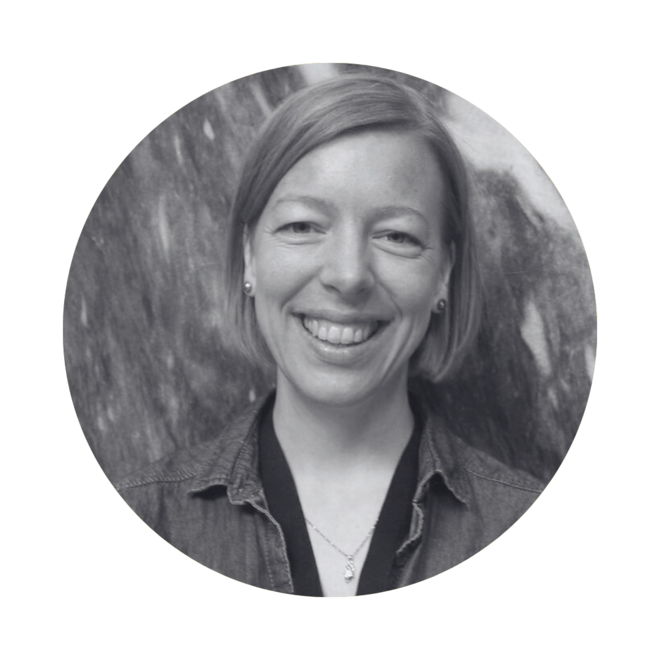
Victoria Liedbergius is the secretary general of Ung i Kor, the Norwegian Children and Youth Choir Association. She was a board member of the European Choral Association – Europa Cantat from 2012 to 2018 and was the chairperson of their youth committee before that. Victoria has studied singing at the Koninklijk Conservatorium in Brussels and the Hochschule für Musik und Tanz Köln and is a former a singer of the World Youth Choir. She has also worked for the International Center for Choral Music in Namur and has later studied administration and leadership at the Musical Academy in Oslo. Victoria was a board member of the International Federation of Choral Music from 2017 to 2023, Vice President of the World Youth Choir Foundation, and President of the EMC.
Martha Lomelí

Martha Lomelí is a doctor in social psychology that examines the relationship between society, culture and people's subjective wellbeing. Her research takes a critical approach, meaning that she investigates social phenomena from a perspective that accounts for the influence that systems of oppression have on people’s everyday lives and understanding of the world. Moreover, to tackle pressing societal issues, she devises and implements psychosocial interventions based on creative methods such as music and arts. Apart from her academic work, she is involved in the organisation and implementation of initiatives that aim to promote creative expression and representation of women, trans and non-binary people in the music sector, such as Play it Loud! And Girls Rock London.
Isolde Malmberg
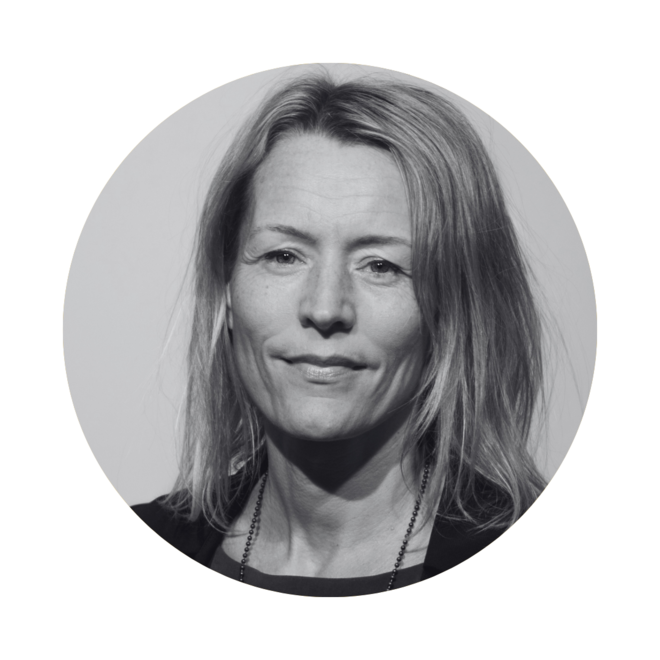
Prof. Dr. Isolde Malmberg is full Professor of Music Education at the University of Potsdam, Germany, where she leads the study program for music education in secondary schools. She holds a Master’s degree in Music Education and French, and a PhD in Music Education – both from University for Music and Performing Arts Vienna, Austria. She is president of the European Association for Music in Schools (EAS), has been the coordinator of the COMENIUS-3-Network meNet, and chair of the Editorial Board of EAS’ book series European Perspectives on Music Education. She is leader of the Erasmus Plus Teacher Academies project TEAM (Teacher Education Academy Music), running 2023-2026 and connecting 15 music teacher education institutions from 12 countries. In TEAM beyond other results teaching modules for democracy, sustainability and digitization in Europe’s music classrooms will be designed and disseminated. Her research interests are mentoring in music, teacher education in school internships, sustainability, transcultural music education and Design-based research in music education.
Robert Manchin
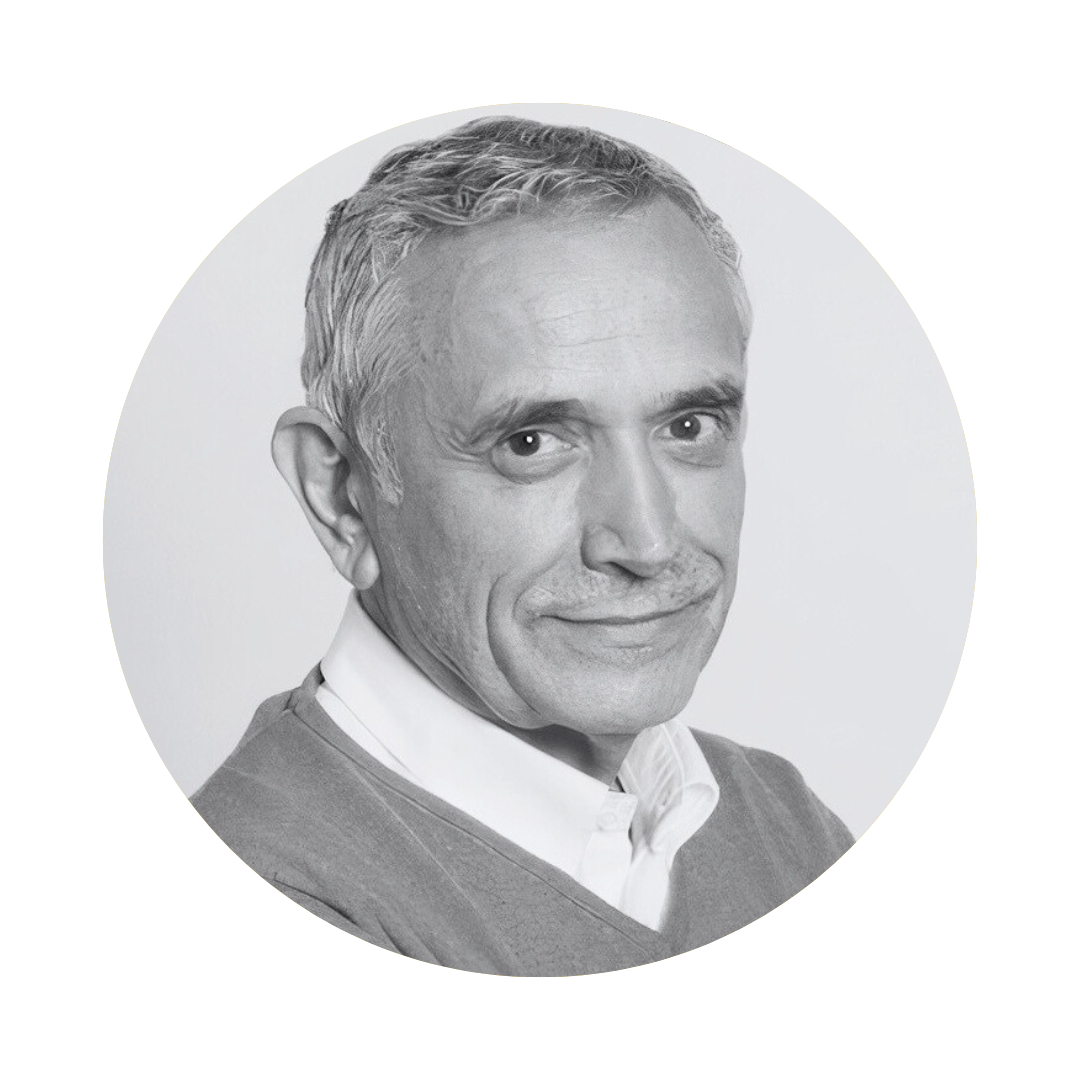
Robert Manchin is a member of the Presidential Commission on Sustainability of the Hungarian Academy of Sciences. He began his career as a music sociologist, focusing on the youth musical protest movement of the sixties in communist Hungary and the longitudinal impact of schools using the Kodaly method. As a musician, he was also a member of the Hungarian State Philharmonic Orchestra. As a scholar, Robert has lead a research group on quality of life and values, and pioneered the use of computers in social sciences, taught sociology and research methods at various universities in the United States, and European culture and social policy at the College of Europe in Bruegge. Beyond academia he published samizdat newspapers, was Senior Vice President of Gallup in Princeton and Chairman and CEO of Gallup Europe. Between 2015 and 2021 served as president of Culture Action Europe. Robert has seven grandkids, 300 olive trees, tends some 50 sheep and his dream project is to play chamber music in a Croatian island.
Zahra Mani
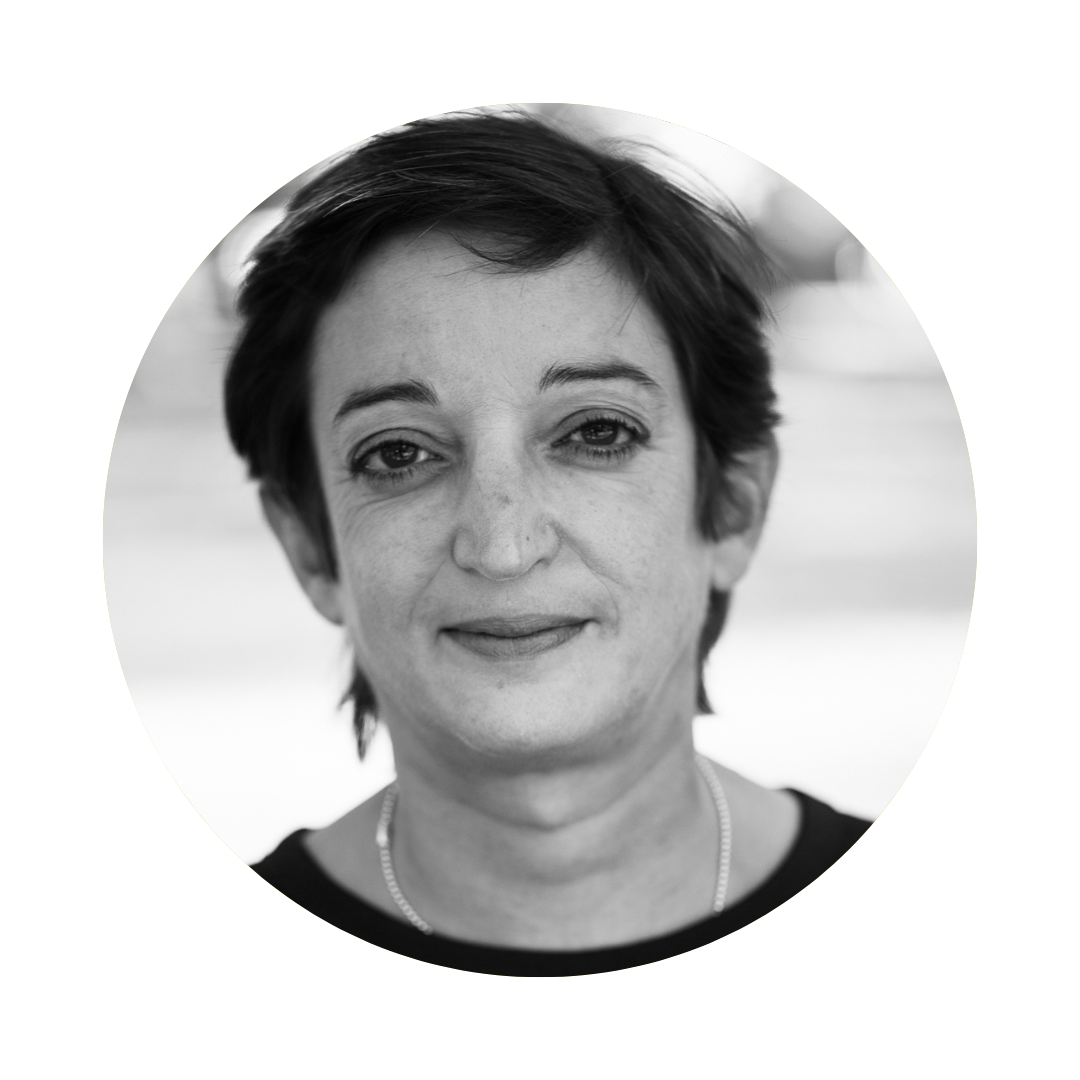
Zahra Mani (UK / PK) is a musician, composer, and curator who lives and works in Austria. Her work combines field recordings, instruments and voices in an ongoing exploration of sound and music. As a musician, she performs live in various constellations, and creates multi-channel sound installations and radio art. Her curatorial work with non-profit organisations in Austria and Croatia focusses on border-crossing networks fostering contemporary cultural practice in a socio-political context. Her artistic and curatorial work challenges notions of boundaries, investigating and revealing spaces between and advocating for the value of art and culture in society. She is vice-president of ECSA, the European Composer and Songwriter Alliance and a member of the Austrian UNESCO working group and advisory panel for diversity of cultural expressions.
Friderika Mike
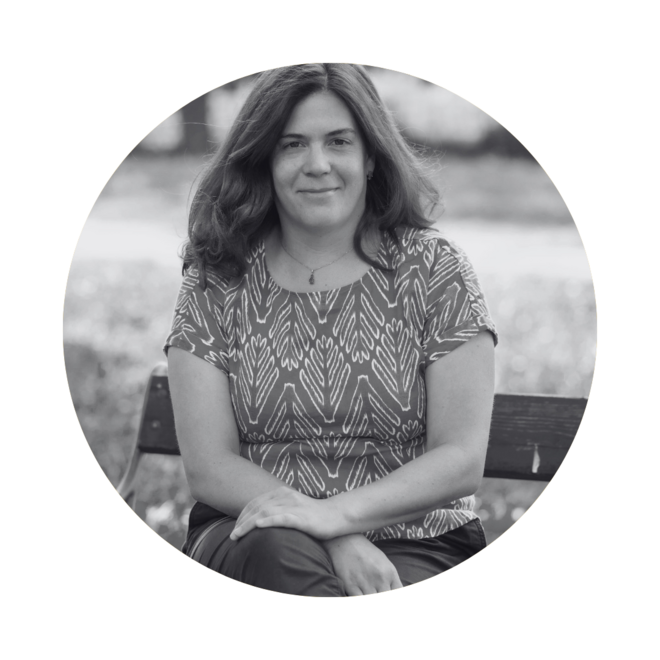
Dr. Friderika Mike is the Director of Programme Development of the Veszprém-Balaton 2023 Jsc who is responsible for the whole European Capital of Culture (EcoC) programme in Veszprém. She was also the leader of the ECoC appplication process and of bidbook writing team. She is a lawyer specialized in environmental protection and a senior expert of tenders financed by the central end decentralized budgetary sources, European Regional Development Fund (ERDF), European Social Fund (ESF), Cohesion Fund and EU funded programmes. She speaks Hungarian, English and German.
Marta Lozano Molano

Marta Lozano Molano is a Spanish rural activist, composer of social music and the President of Wazo Coop, the non-profit social cooperative working with Social Solidarity Economy and Creative Cultural Industries to generate positive impact in rural areas, especially in Extremadura (Spain). She is also an expert evaluator of Creative Europe music and cultural cooperation projects at the European Commission's Education, Audiovisual and Culture Executive Agency. She has been chosen as one of the “100 World Leading Women in Cooperatives 2020" by She-Coops and "Top 100 Women In Social Enterprise 2021" in Europe by Euclid Network, and "Cooperativist of the year 2022" by CCC, among other awards. Marta has recently published "Música Social (Social Music)" a method of musical composition and piano that facilitates education in values in young people in accordance with the 17 Sustainable Development Goals of the United Nations.
Gábor Mondik

Gábor Mondik worked from September 2008 in the Cultural Contact Point of Hungary. From 2014 he has been working in the Creative Europe Desk of Hungary (contact point for the European Union’s Creative Europe Programme). From September 2015 he has been the Vice Managing Director and Head of Culture Subprogramme.
Klára Nagy

Klára Nagy is the project lead of MOST – the Bridge for Balkan Music, a 4-year Creative Europe project whose mission is to build a bridge of professional and personal relationships between the Balkans and other European music markets. Graduated in international relations and cultural heritage studies, she has been working in cultural management since 2017, on various projects from contemporary opera to music-themed alternative walking tours. Experienced in different grant schemes (Erasmus+, Visegrand Fund, Horizon) she now works on the preparation and implementation of international cooperation projects at the Budapest-based Hangvető.
Gábor Németh
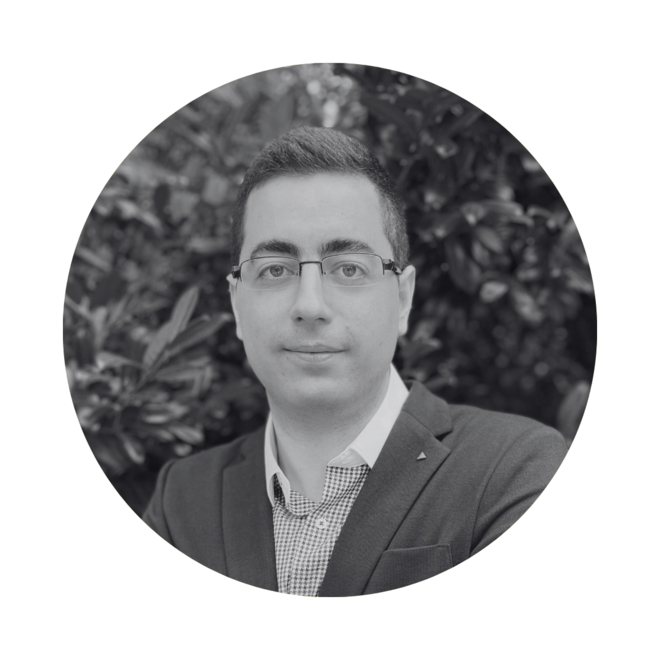
Gábor Németh started his professional career at the Creative Europe Desk Hungary in 2022 as a Programme Coordinator of the Culture Strand where he can contribute to and help the sector, he is most passionate about, the cultural and creative industry.
Dmytro Savkiv

Dmytro Savkiv pursued his undergraduate studies at the University of Buckingham, before going on to complete his postgraduate studies at the universities of Helsinki and UCL, majoring in politics and economics. Good music, politics, international affairs and especially jazz have always been in the sphere of his interests, resulting in his participation in the work of musical online Old Fashioned Radio and a modern art gallery Vozdvizhenka Arts House. These two institutions have resulted in the creation of 32 Jazz Club, which he has managed since December 2019. During this time, 32 Jazz Club managed to grow into the most established jazz institution in Kyiv and arguably the whole of Ukraine. Despite the ongoing invasion of Russia, the club continues to operate and support jazz musicians, and to take care of the jazz community in Ukraine. During these years, the club has participated in numerous jazz festivals, including the international JazzBez festival and many other.
Xavier Serra
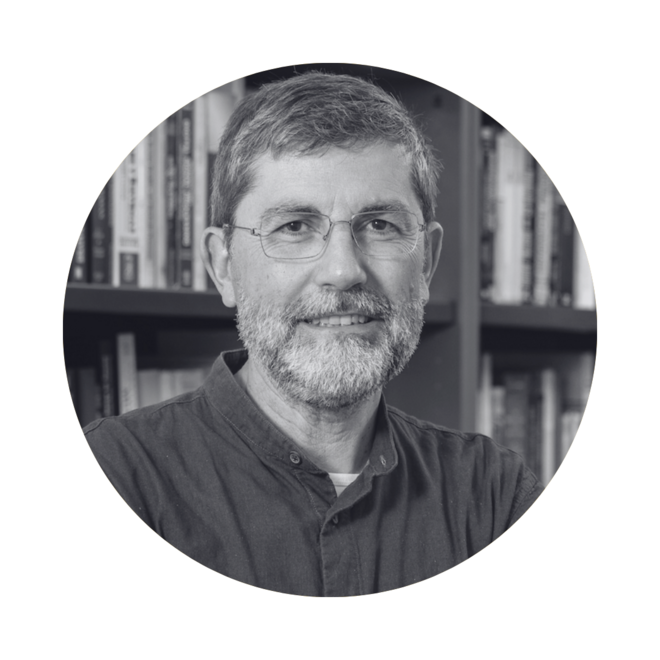
Xavier Serra is a Professor of the Department of Information and Communication Technologies and Director of the Music Technology Group at the Universitat Pompeu Fabra in Barcelona. After a multidisciplinary academic education, he obtained a PhD in Computer Music from Stanford University in 1989 with a dissertation on the spectral processing of musical sounds that is considered a key reference in the field. His research interests cover the computational analysis, description, and synthesis of sound and music signals, with a balance between basic and applied research and approaches from both scientific/technological and humanistic/artistic disciplines. Dr. Serra is very active in the fields of Audio Signal Processing, Sound and Music Computing, Music Information Retrieval and Computational Musicology at the local and international levels, being involved in the editorial board of a number of journals and conferences and giving lectures on current and future challenges of these fields. He was awarded an Advanced Grant from the European Research Council to carry out the project CompMusic aimed at promoting multicultural approaches in music information research.
Shain Shapiro

Shain is a globally recognised thought leader at the convergence of music, culture and urban policy. This is showcased in his debut book, This Must Be The Place: How Music Can Make Your City Better, due out on Repeater Books on September 12, 2023. Shain has defined a new way to think about the value of music in cities and places and through it, influenced over 130 cities and places to invest in music and culture as founder and executive chairman of Sound Diplomacy and founder and executive director of the not-for-profit global Center for Music Ecosystems. He has authored authoritative reports on the role of music in cities, tourism, the night time economy, real estate and recovery, including the most extensive guide to music and the Sustainable Development Goals (SDGs) ever written, in partnership with the United Nations. He has spoken at hundreds of global conventions, such as SXSW and the UN World Urban Forum and delivered the first ever TEDx talk on music’s role in cities. Shain holds a PhD from the University of London and lives in East London.
Till Skoruppa
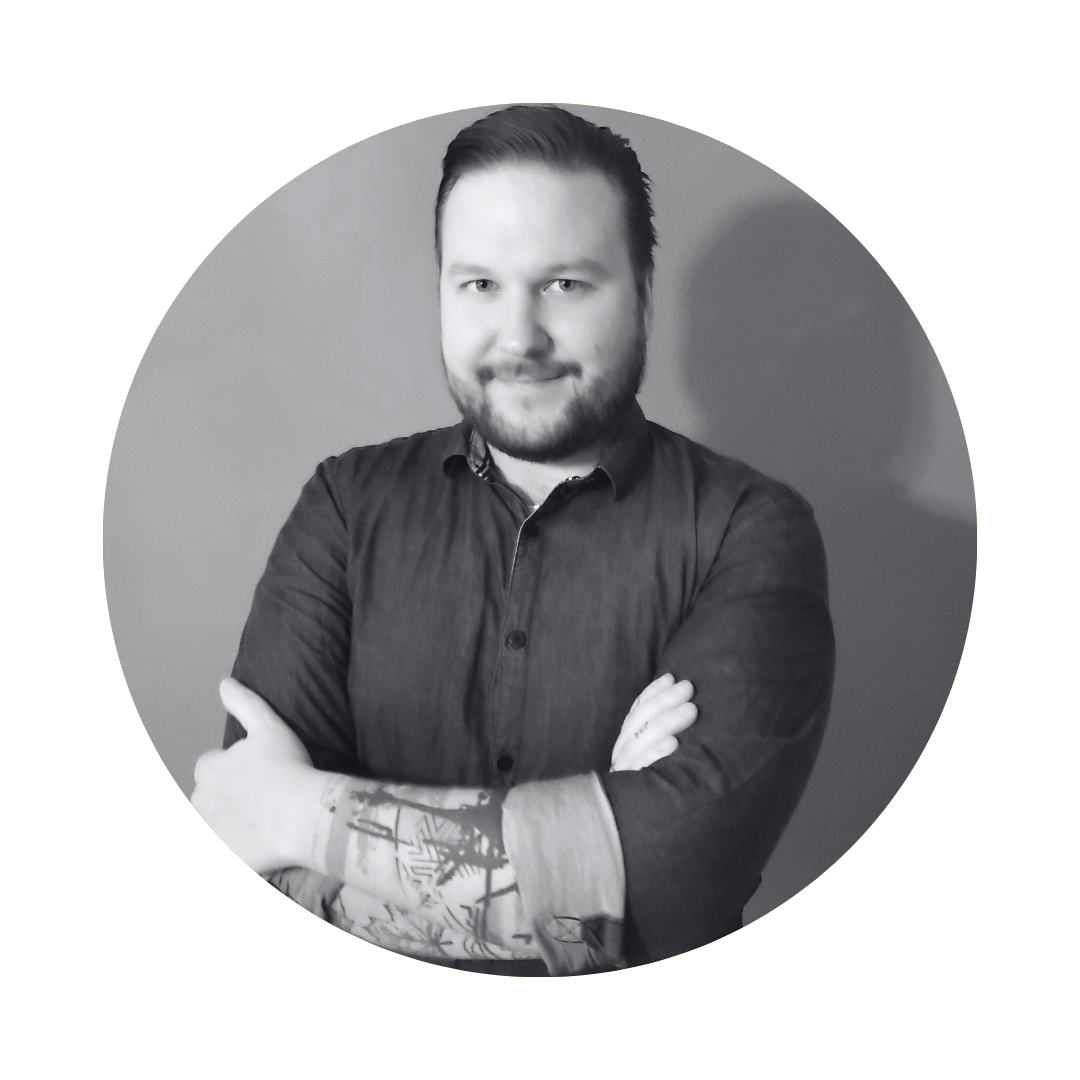
Till Skoruppa has been a music freak for as long as he can remember. Both privately as a concert organiser, touring musician and avid record collector as well as in his professional life that started with a master’s degree in musicology from the university of Bonn. His professional experience includes working as a radio promoter for an international heavy metal record label, as programme manager at the European Music Council (EMC) and as head of communication and marketing at the Bonn Classic Philharmonic Orchestra. He currently serves as secretary general for the European Music School Union (EMU), the European umbrella organisation of national music school associations representing over 6000 music schools from 26 European countries.
Blasko Smilevski
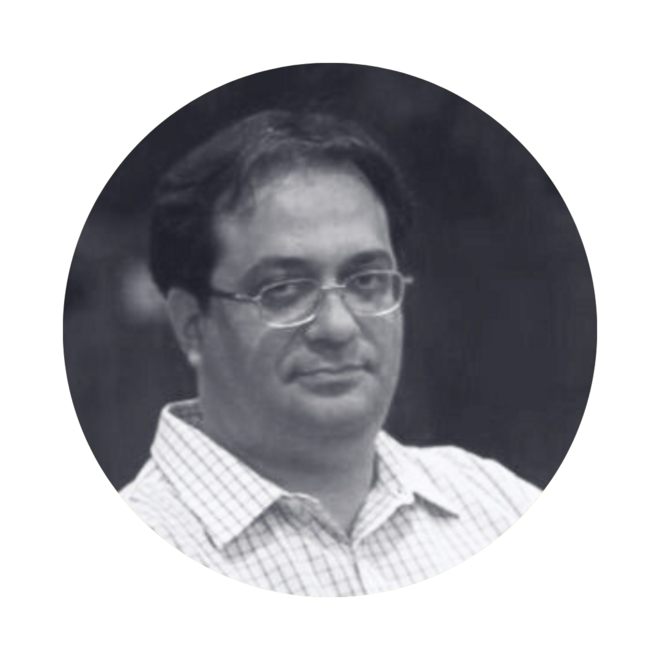
Blasko Smilevski has been working for Jeunesses Musicales since the age of 16. As a volunteer he has organized numerous concerts and musical quiz competitions in public schools and contributed to the creation of the first youth chamber orchestra in North Macedonia. In parallel to his studies of international public law, he became international secretary for the national JM section. He started participating in JMI in 1994, that led to his election to the JMI Board in 1997, then President of JM Europe 2000-2006, JMI Vice-President 2003-2006 and JMI President 2006-2007. He was also board member of Culture Action Europe, the International Music Council, and the World Youth Choir Foundation. In parallel to his JMI engagements, he was active in the national youth council, working on the promotion of non-formal education and learning for youth and organized international youth activities, in particular training events with Greece. Later, he participated in the creation of the state Agency for Youth and Sports where he supported the youth department in the creation and the implementation of the first national youth strategy and served as Director of the World Bank Children & Youth Development Project, Chairman of the Central European Initiative Youth Committee, and member of the Stability Pact Youth Working Group. This experience got him engaged as World Bank consultant for youth development (ECA and MENA regions) in post-conflict countries. Blasko is Executive Director of JM International since 2008 and today he also serves as board member of the Euro-Arab Youth Music Centre and board member of Music Crossroads International.
Monika Vejgaard

Monica Vejgaard is a flutist, composer, and multimedia artist who is dedicated to fostering a more inclusive and balanced music sector. Currently, she is studying at EMTA as part of her master’s degree in flute performance at the Danish National Academy of Music. With a strong background in student democracy, Monica has tirelessly worked at various levels to amplify student voices and advocate for positive change and is currently the president EPASA (European Performing Arts Students Association). Her involvement in Musikbevægelsen and DIGE WG (AEC) demonstrates her active efforts to create a more equitable and diverse music industry. As a consultant for Danish Arts Education at DSF, Monica continues to shape the future of music education. Her passion for initiating events is evident through her contributions to initiatives such as the New Harmony Festival and the Danish Flute Festival.
Katharina Weinert

Katharina is the policy advisor of the European Music Council. Her tasks include analyzing policies and drafting policy recommendations on EU cultural policy and other fields relevant to music. She has participated in several Stakeholder Consultations on the EU levels such as Voices of Culture and Music Moves Europe and the European Agenda for Culture. Previously, she worked for the Creative Europe Desk Germany, the Cultural Policy Association and the Europe for Citizens Point in Germany. Since June 2021, she is a board member and Vice-President of Culture Action Europe.
Mia Zabelka
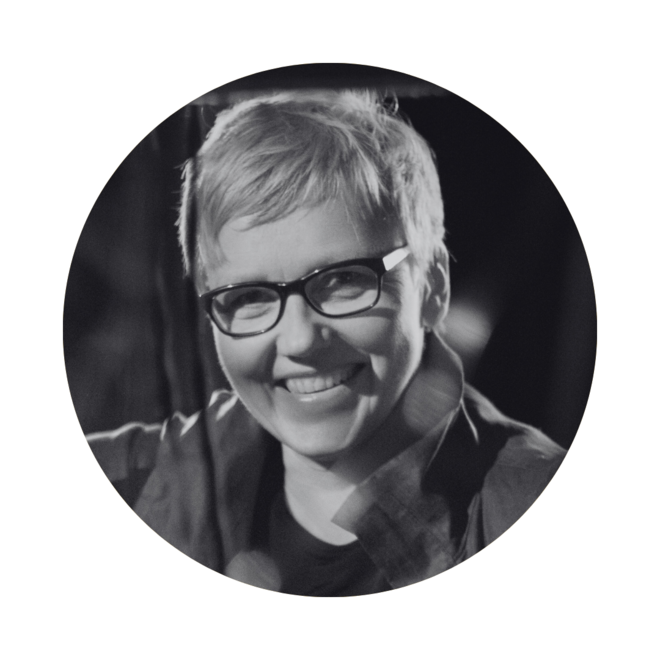
Austrian violinist-vocalist Mia Zabelka is considered to be a leading figure in the international scene of electroacoustic music, known for her innovative and boundary-pushing approach to music, incorporating elements of noise, drone and improvisation into her compositions. She has released multiple albums and has performed at various festivals and venues around the world. She has also worked with a variety of artists and collaborators, including Pauline Oliveros and John Zorn. In 2021, Mia Zabelka has been awarded the Austrian Art Prize in the category „music“ by the Federal Ministry for Arts, Culture, Civil Service and Sport. As a curator, Mia Zabelka is working together with Zahra Mani and Karin Schorm. International cultural projects that they have managed include Klanghaus Untergreith (2009 – present), PhonoFemme Vienna (2009 – present), PHONART – The lost Languages of Europe (2010-2012), ECHOES from Invisible Landscapes (2016–2018), MiCS – Music in the Countryside (2022-2023), co-funded by the European Executive Agency for Education, Audiovisual and Culture (Creative Europe programme). Mia Zabelka has been Vice President of the Austrian Composers Association since 2019.
David Zsoldos

David Zsoldos, Founder and CEO of Papageno Consulting, started off as a successful pianist, giving solo and orchestral concerts from Los Angeles to Salzburg, but following an unfortunate strain, he gave up on public performances. He earned his piano and musicology degrees from the Liszt Academy, Budapest. As a journalist, communication & media expert and event manager he’s been working with high profile projects and institutions (Cliburn Competition, Sziget Festival etc.) around the world. He founded several projects, including Bach 2 Future conference, Radio Klasszik (the first commercial classical music radio station in Hungary), and the Kodály International Music Competition in Debrecen. He is frequently invited as a lecturer and presenter both in Hungary and abroad and also works as program editor for Müpa Budapest and several festivals (Bartok Spring, Valley of Arts etc.). David Zsoldos is the president of Hungarian Music Council, board member of European Music Council and Jeunesses Musicales International, and jury member of International Classical Music Awards.


